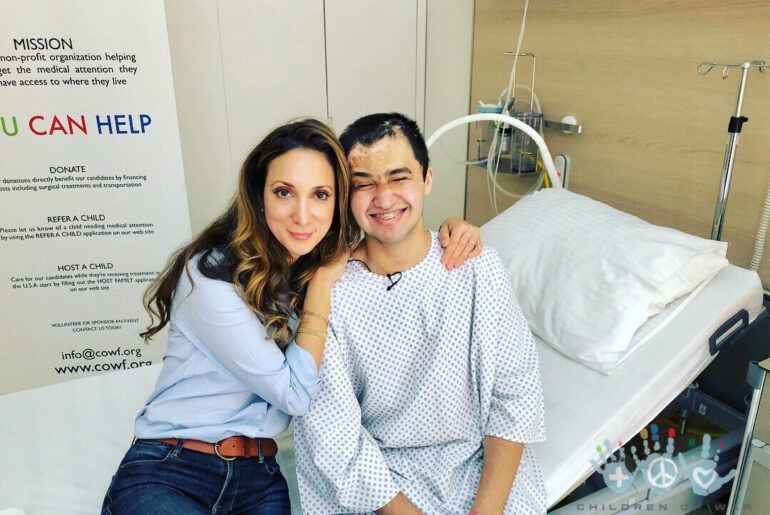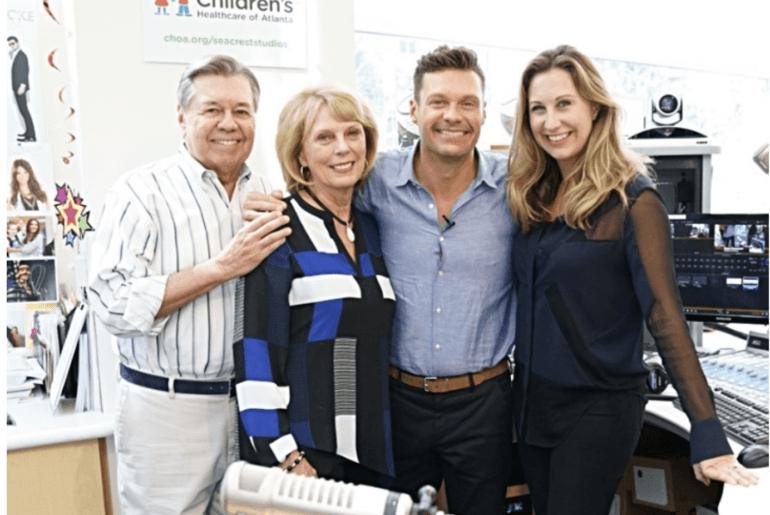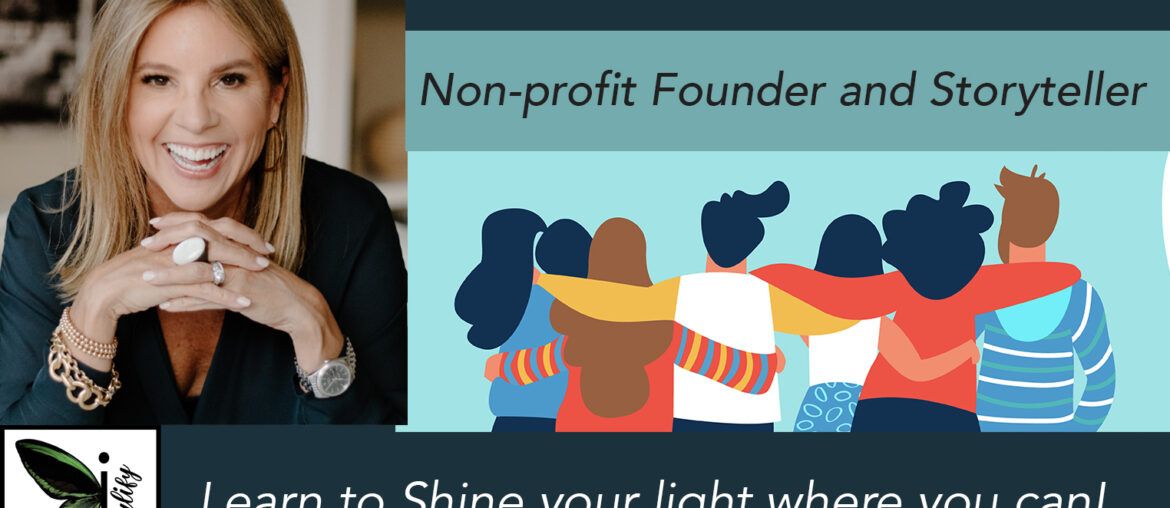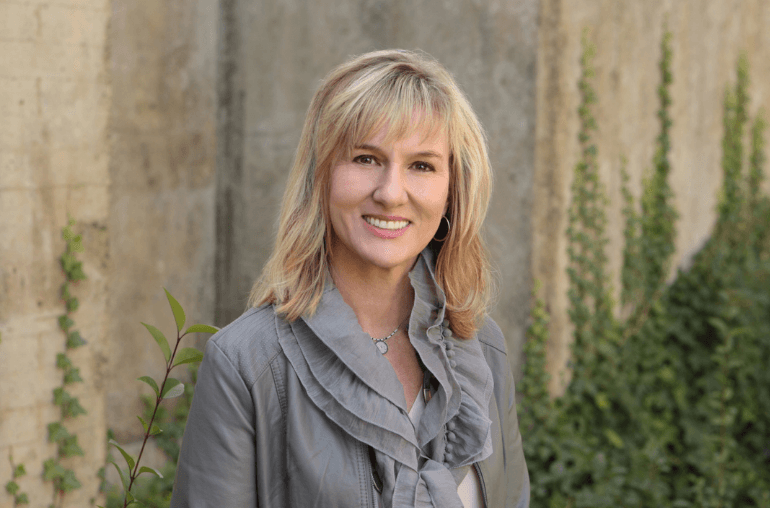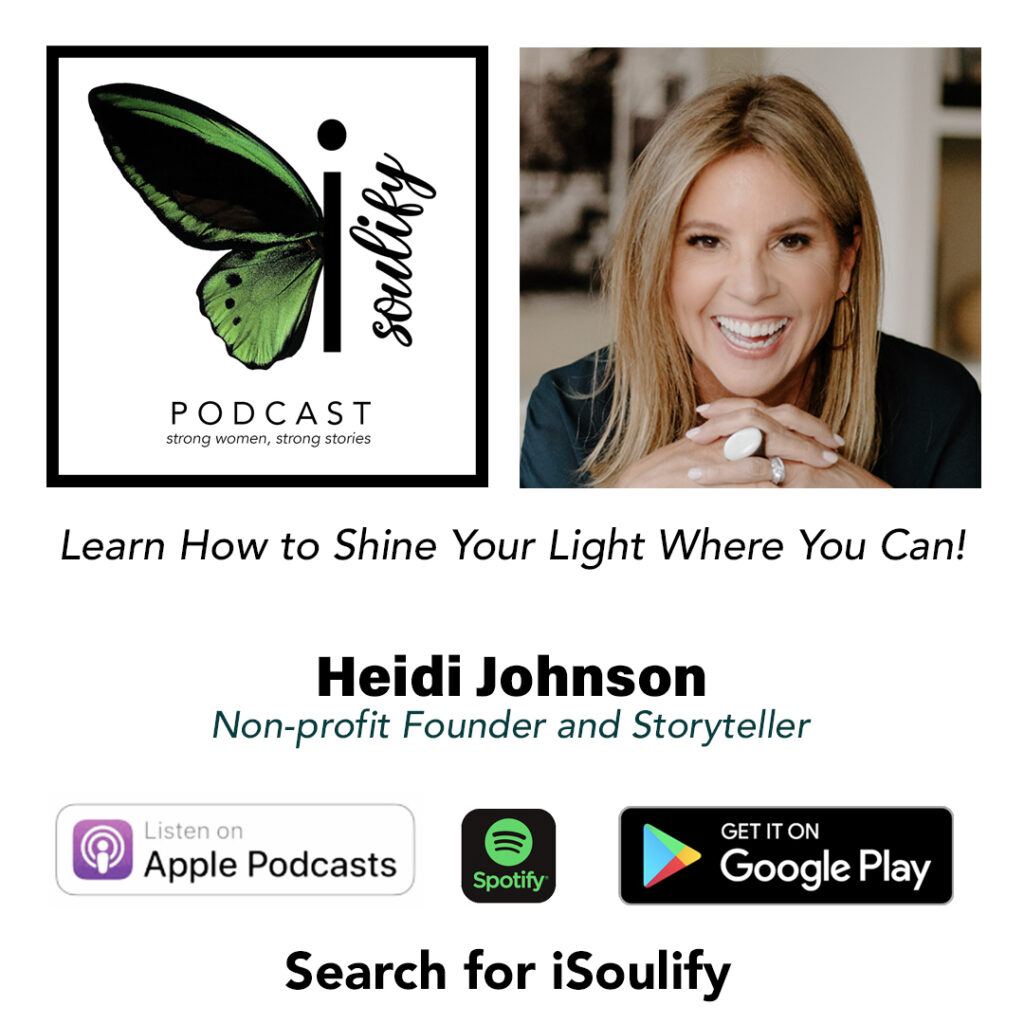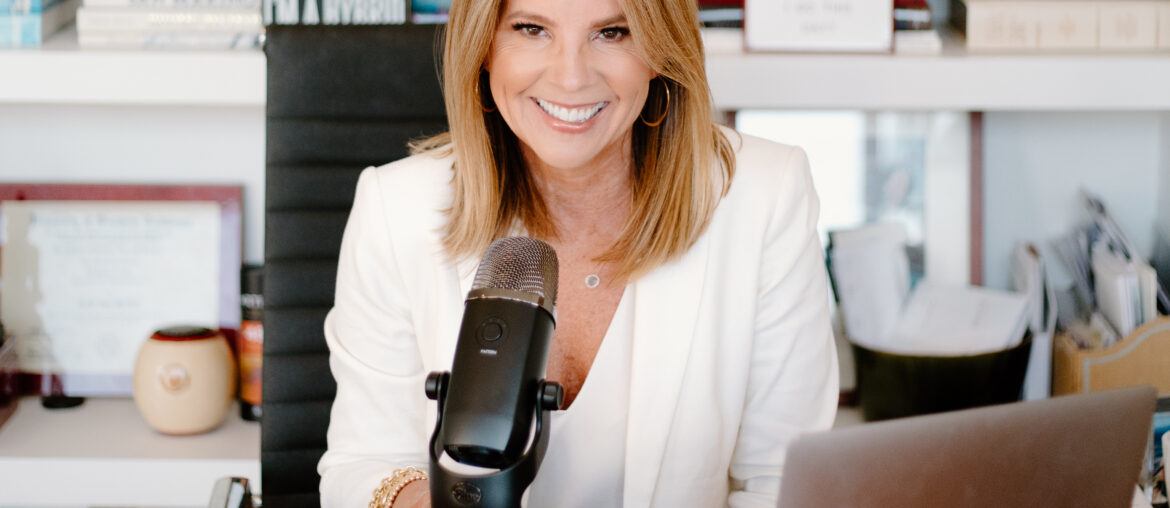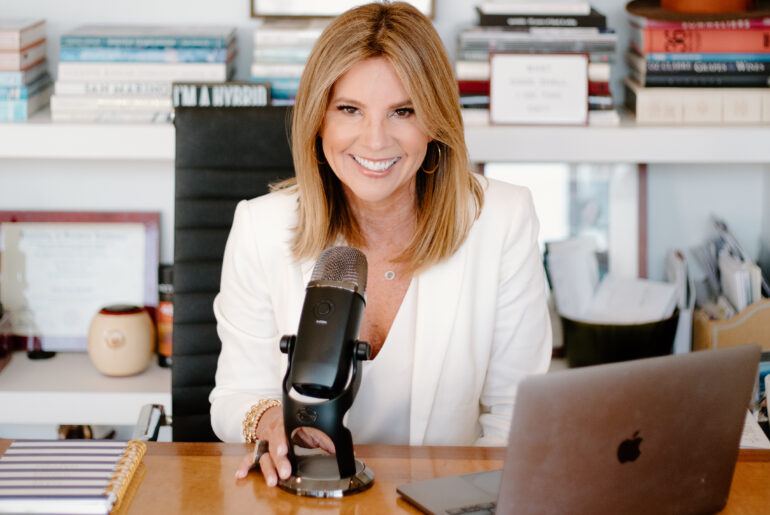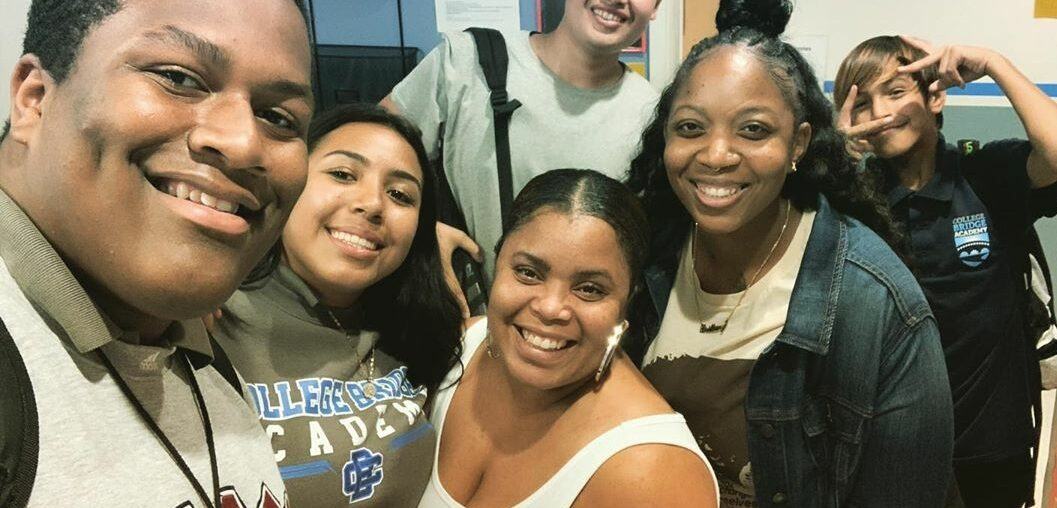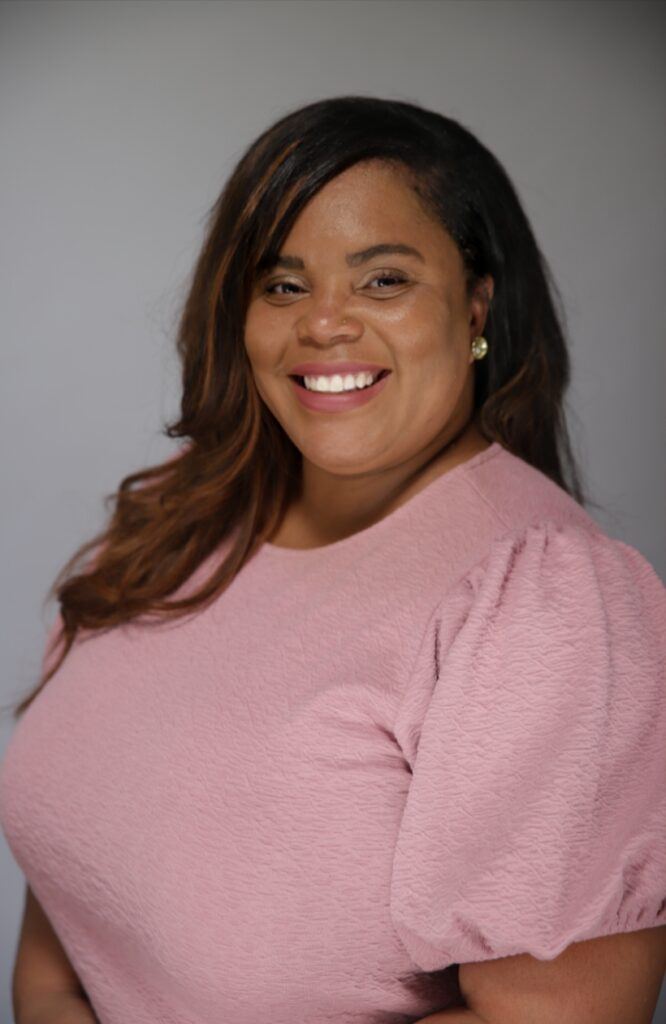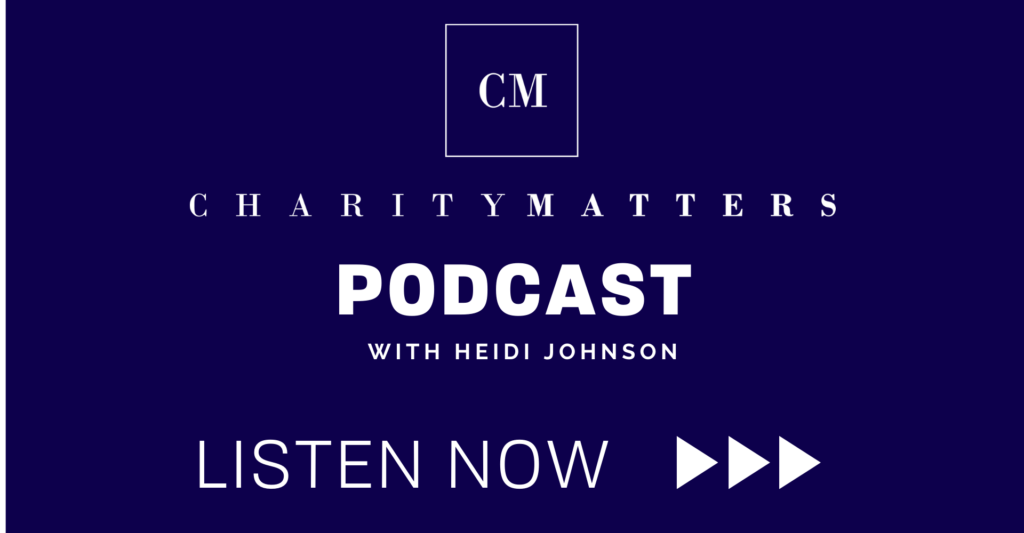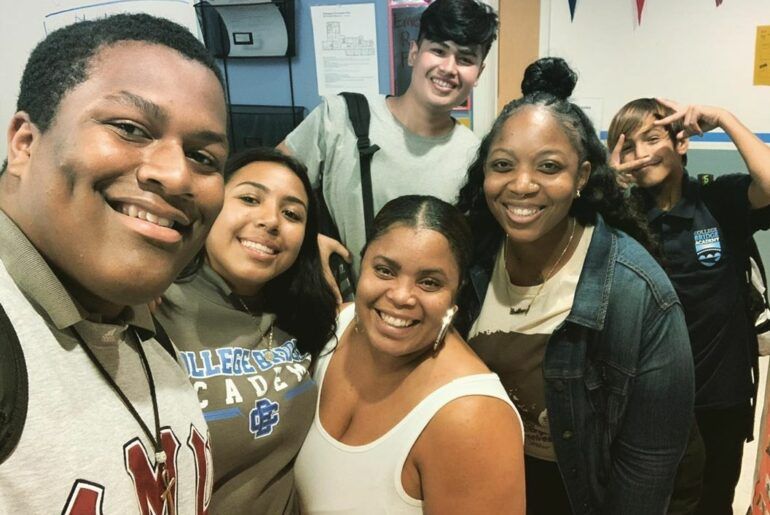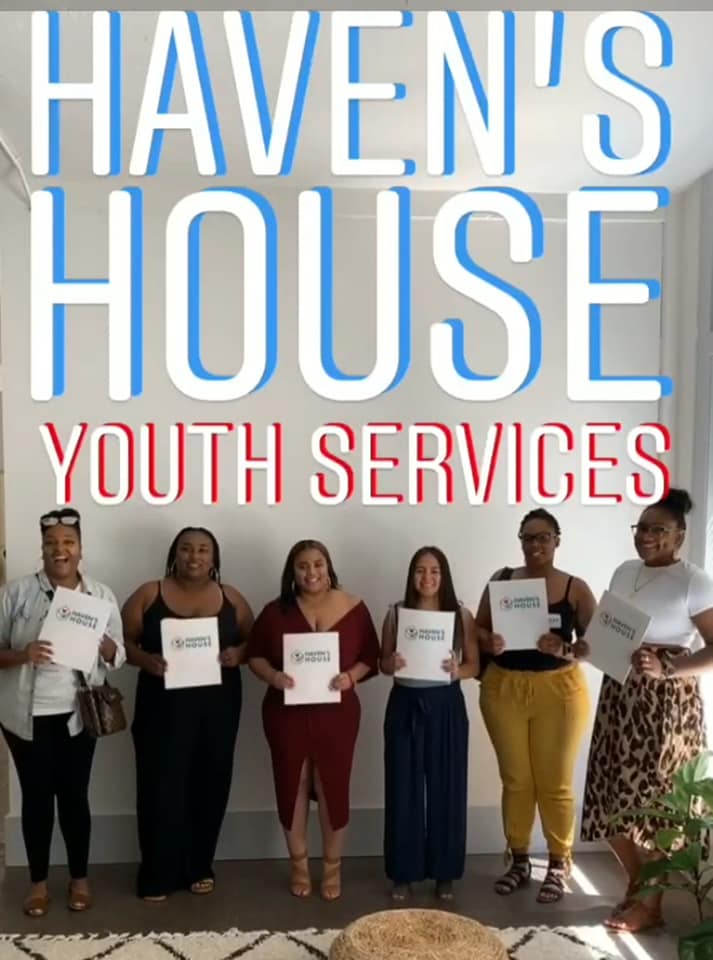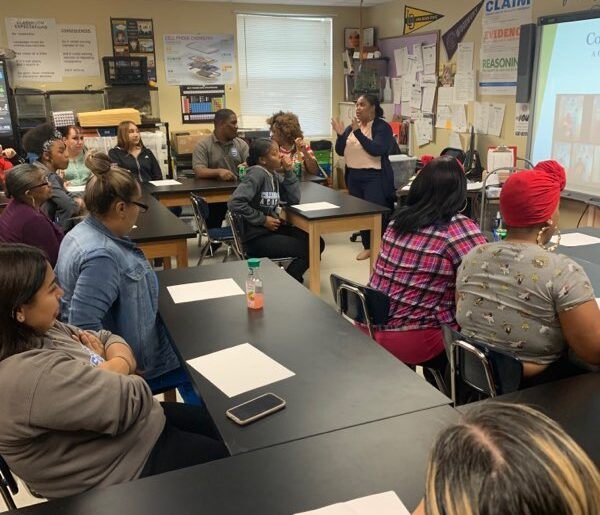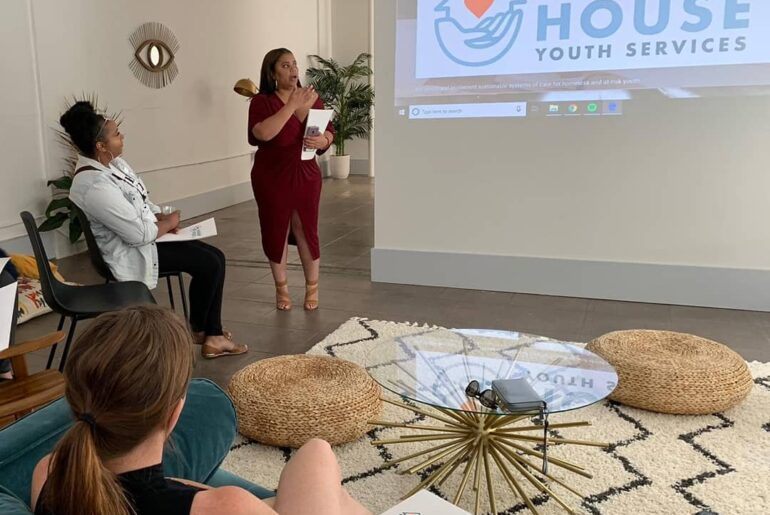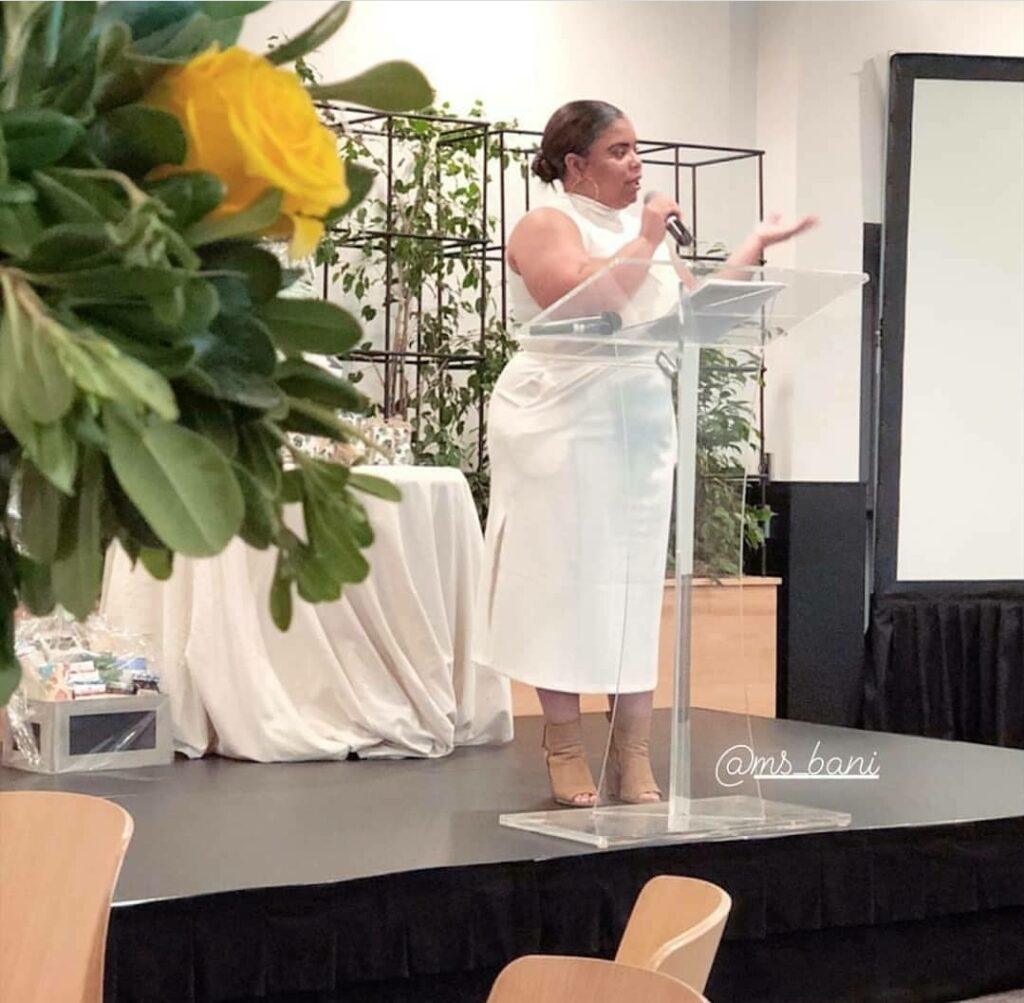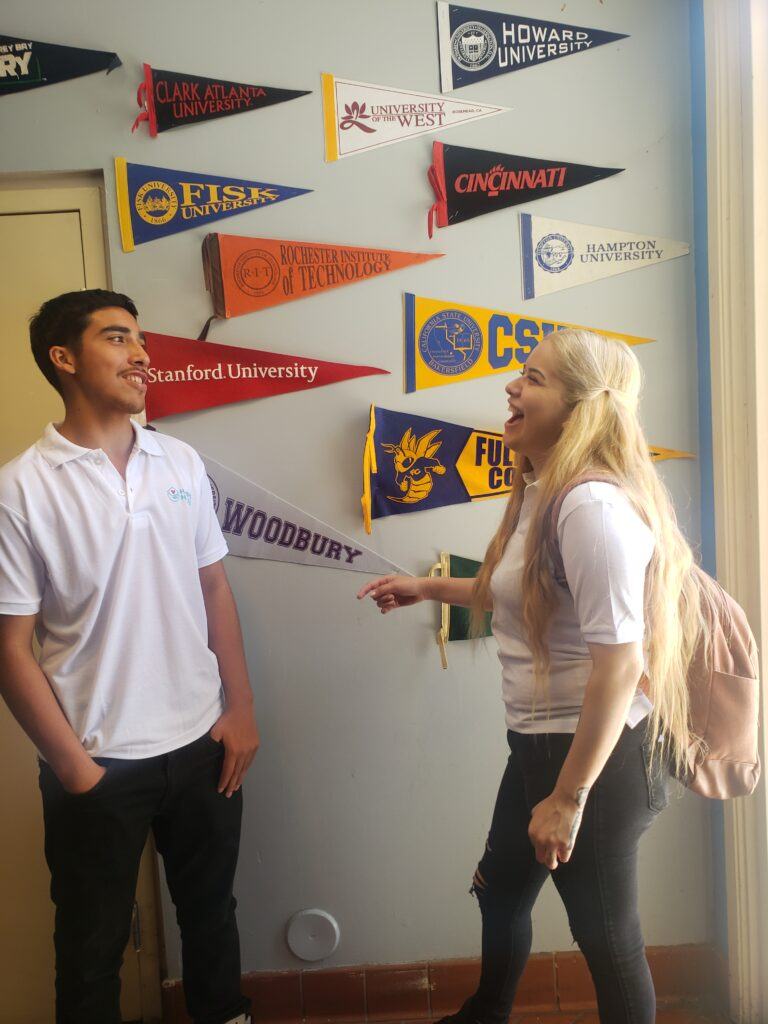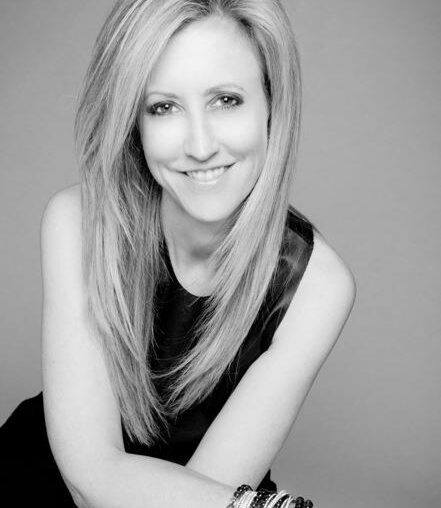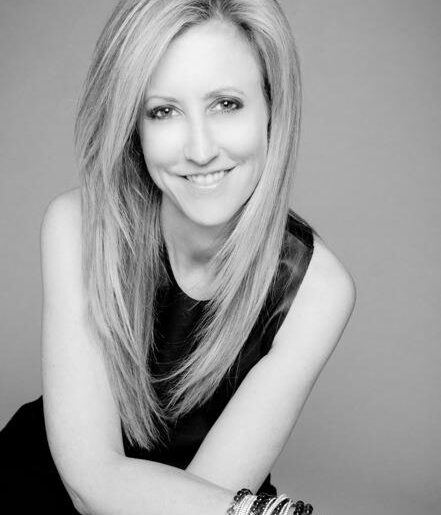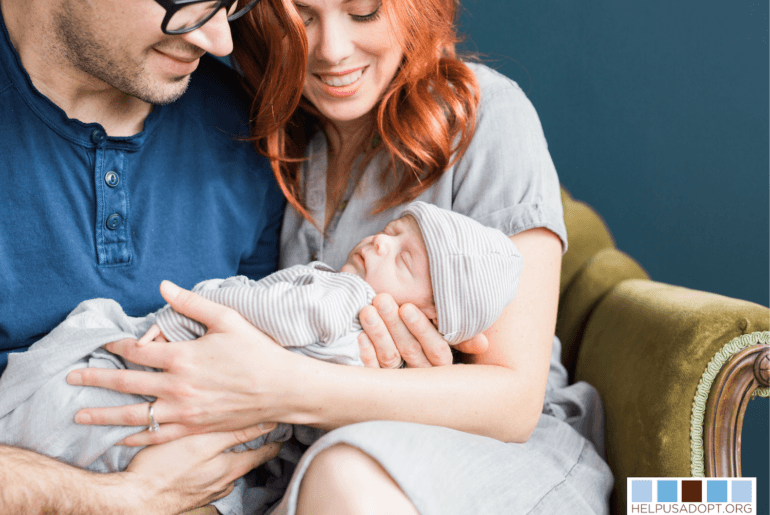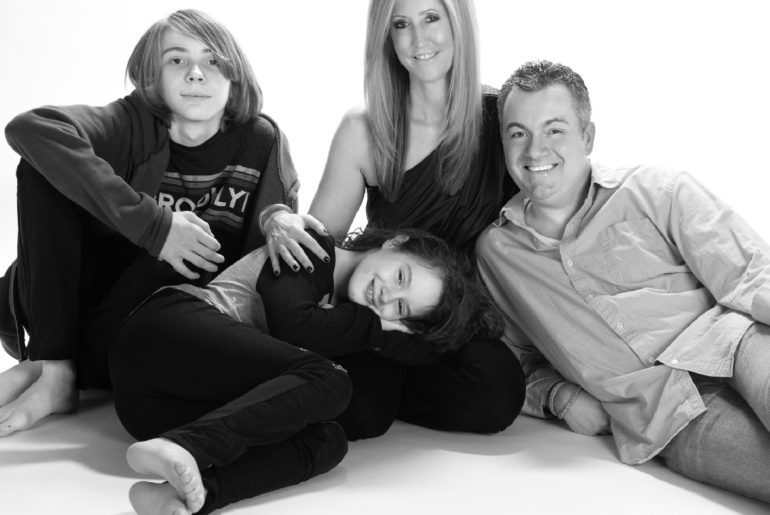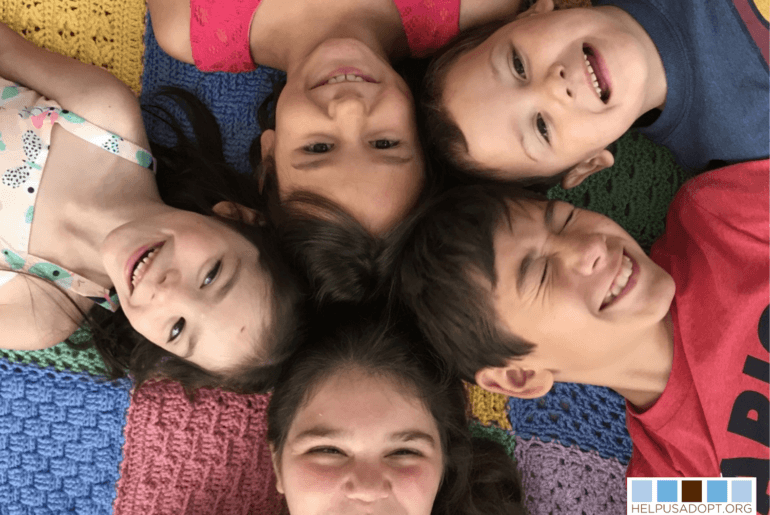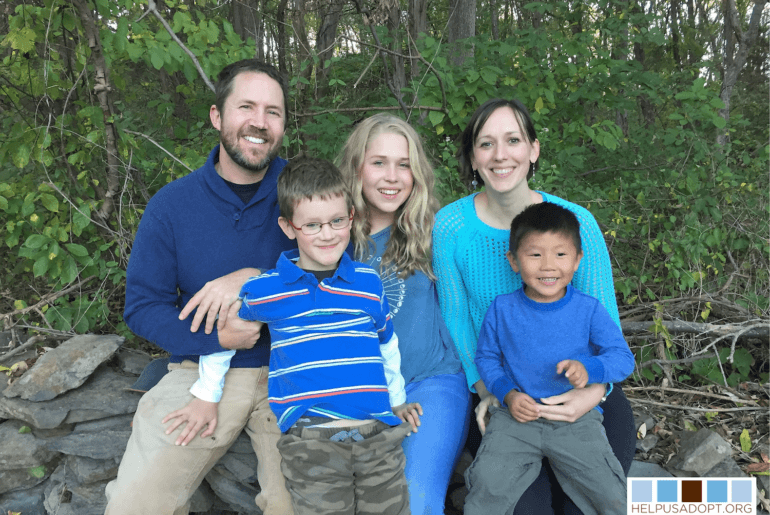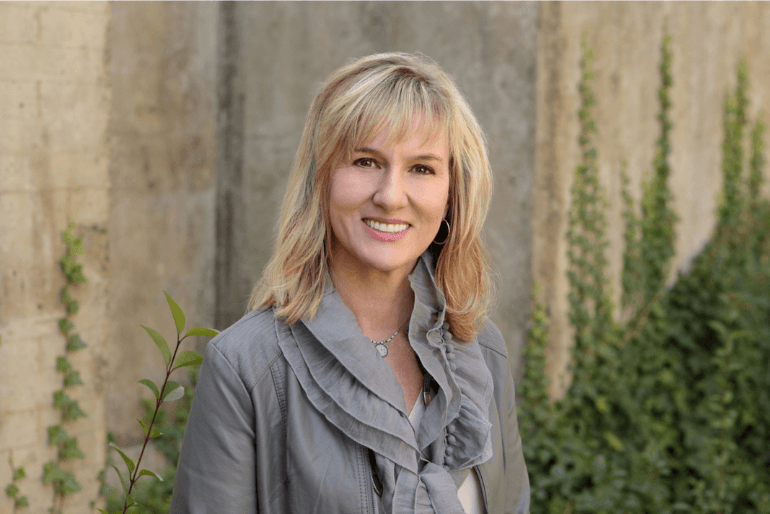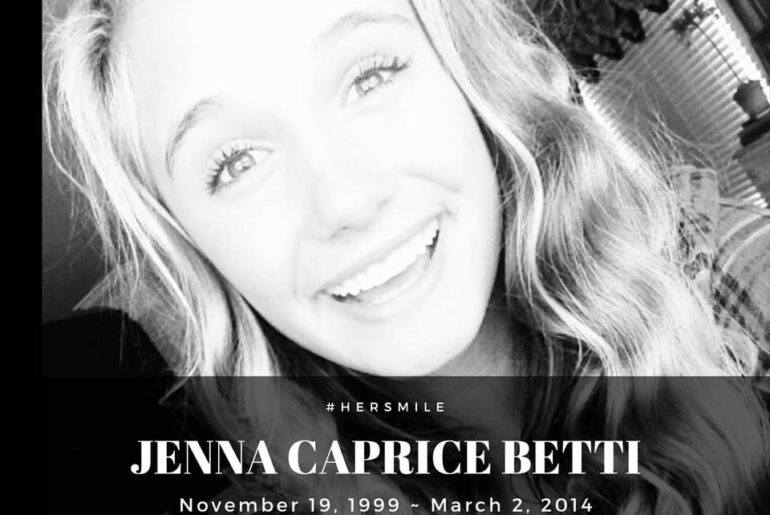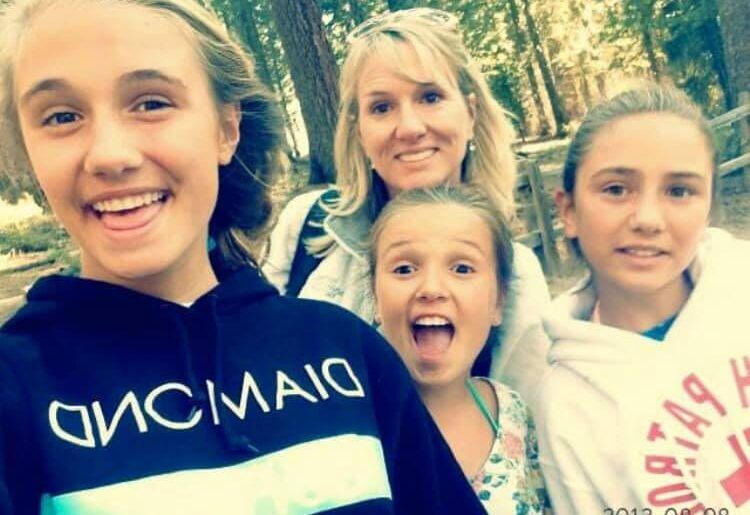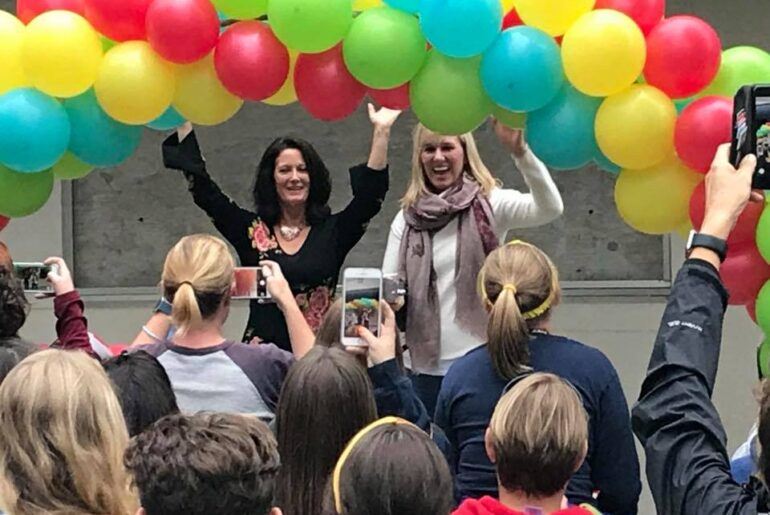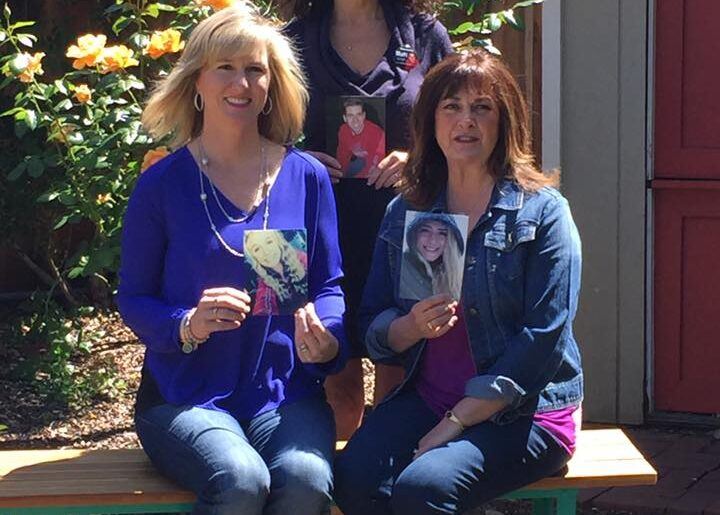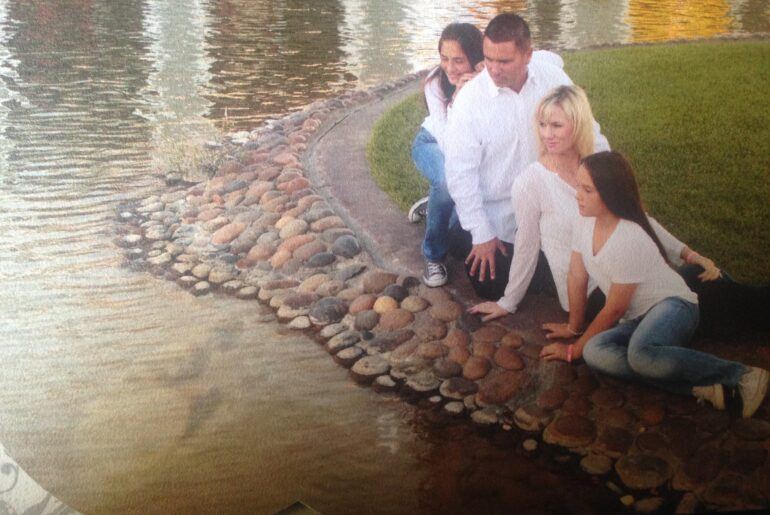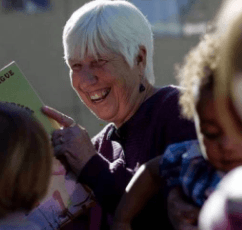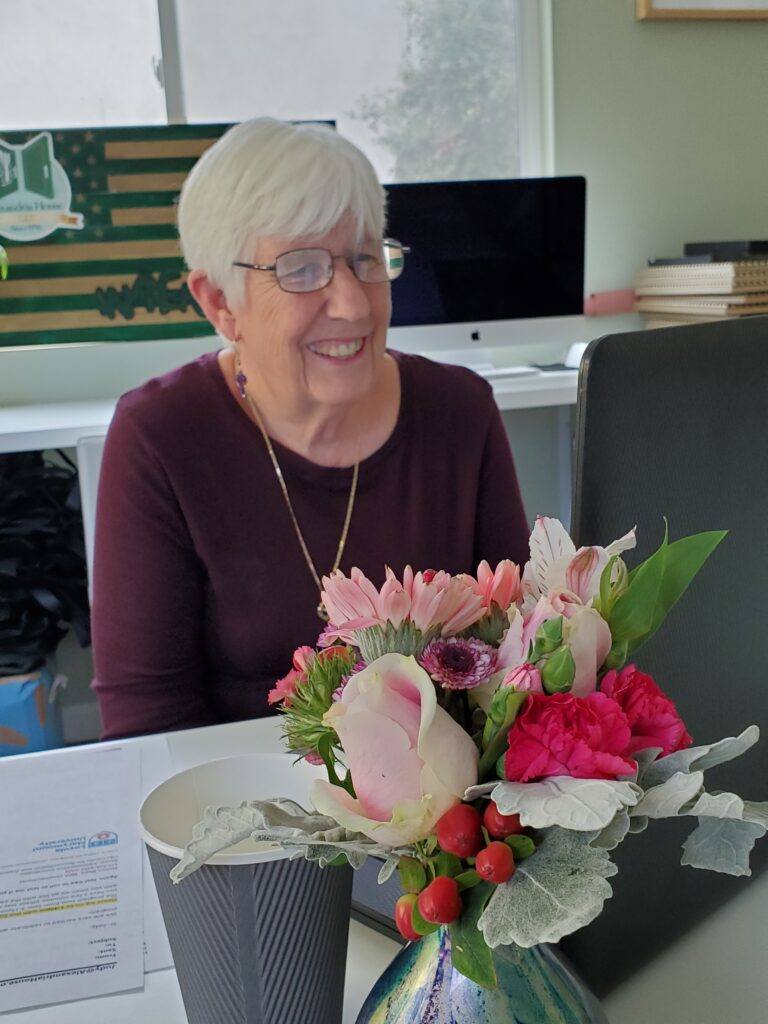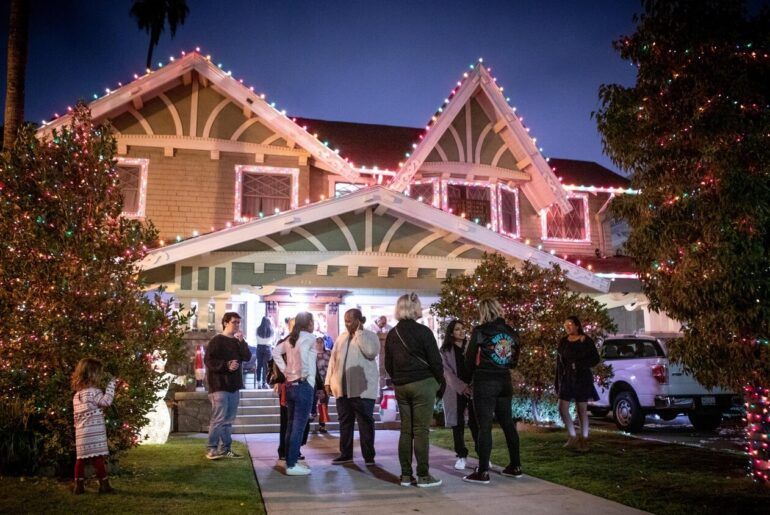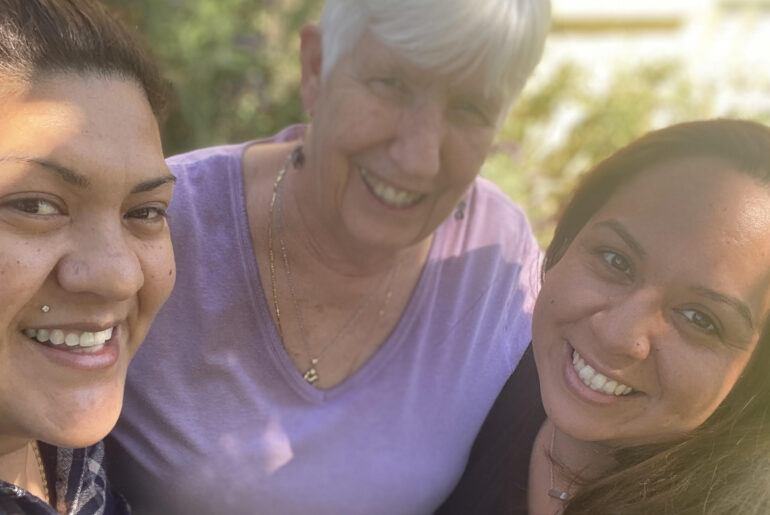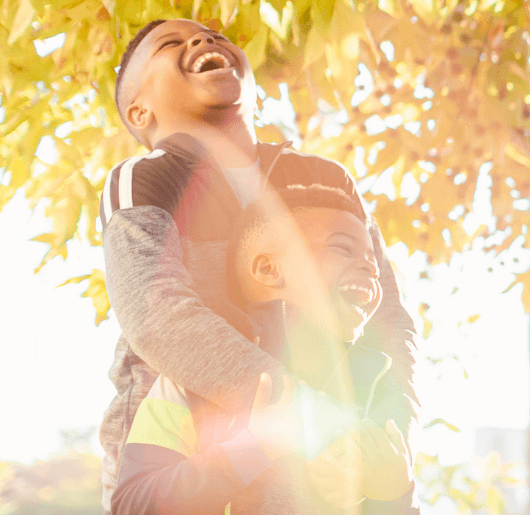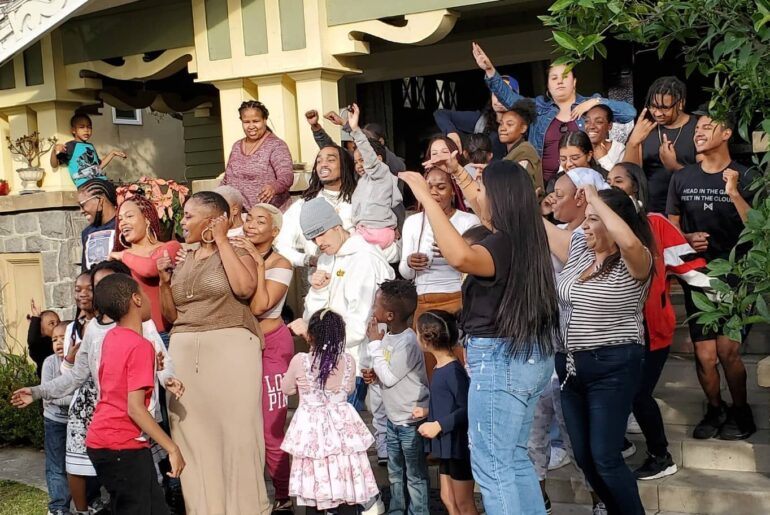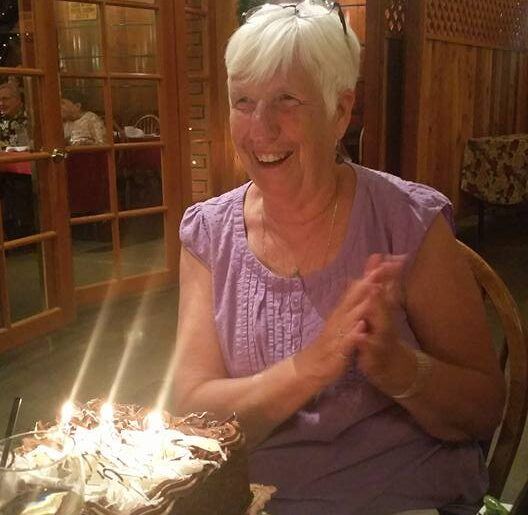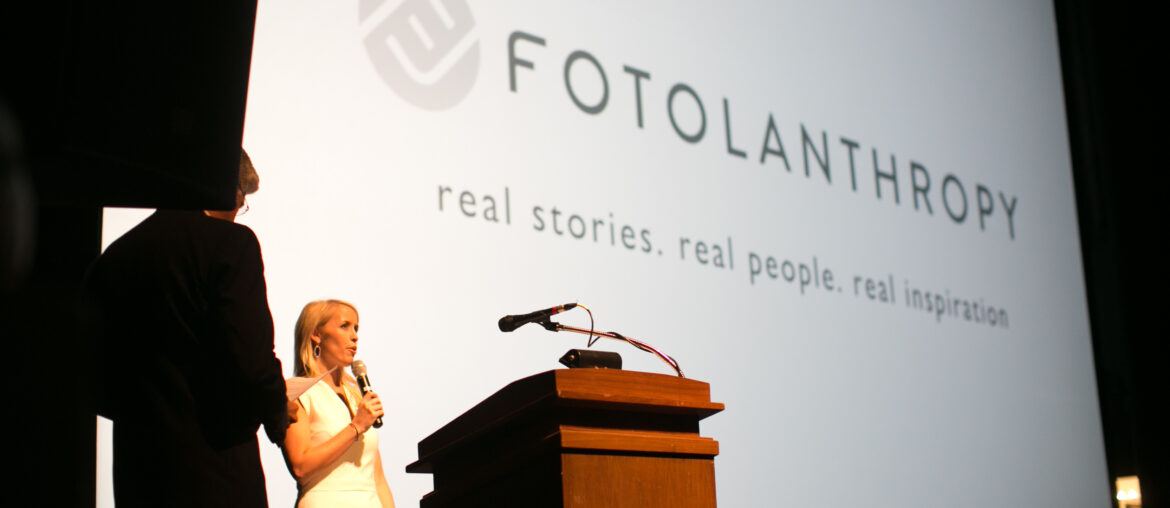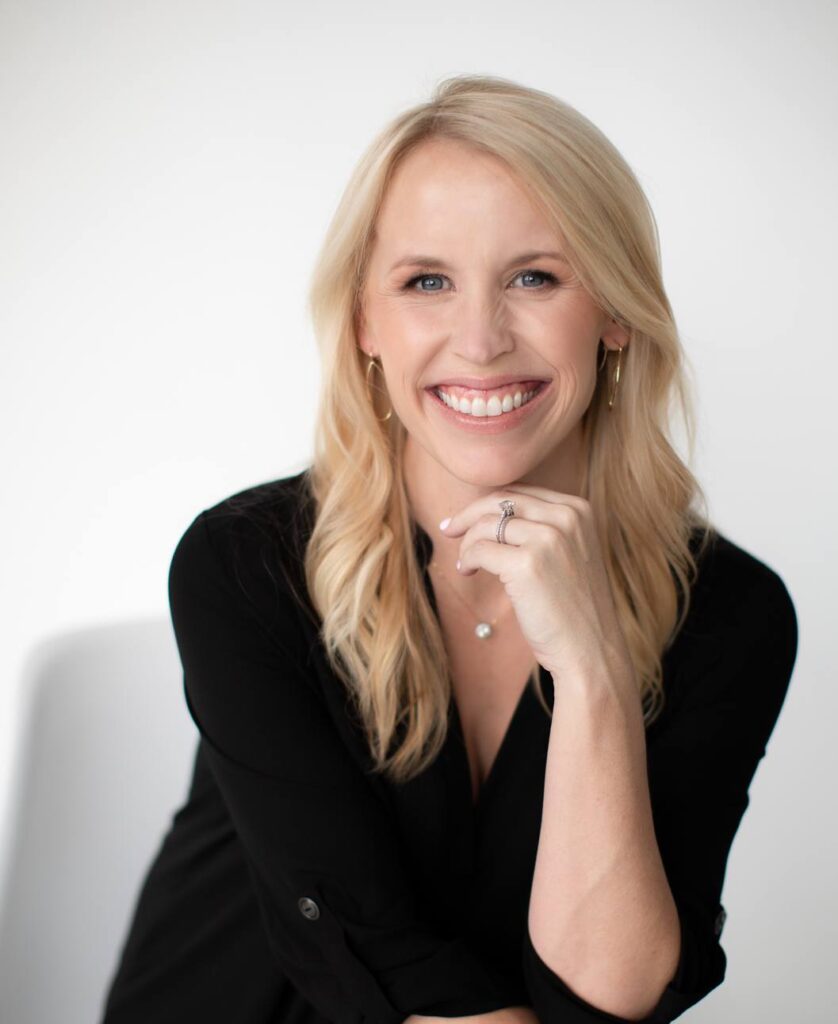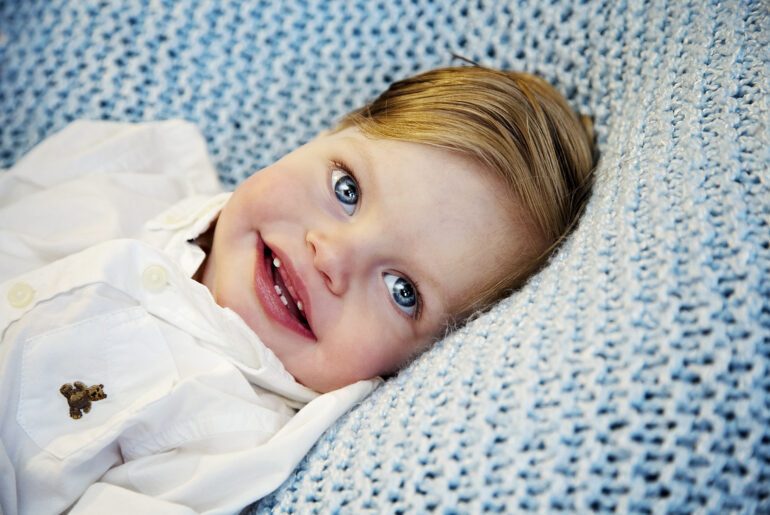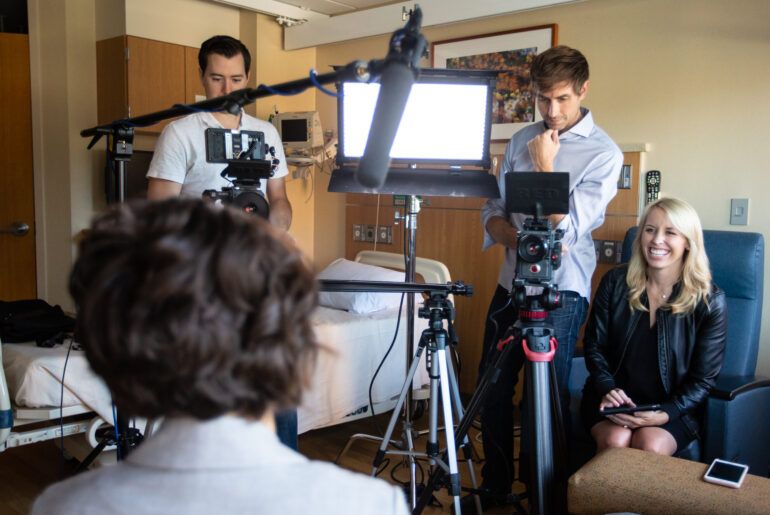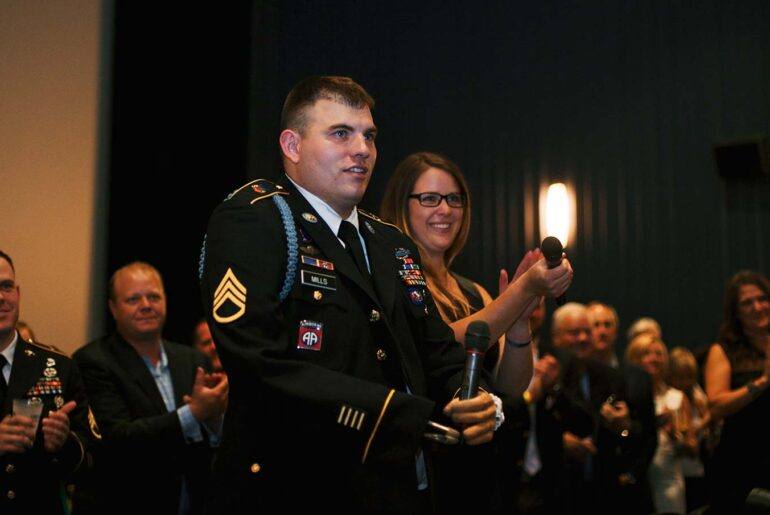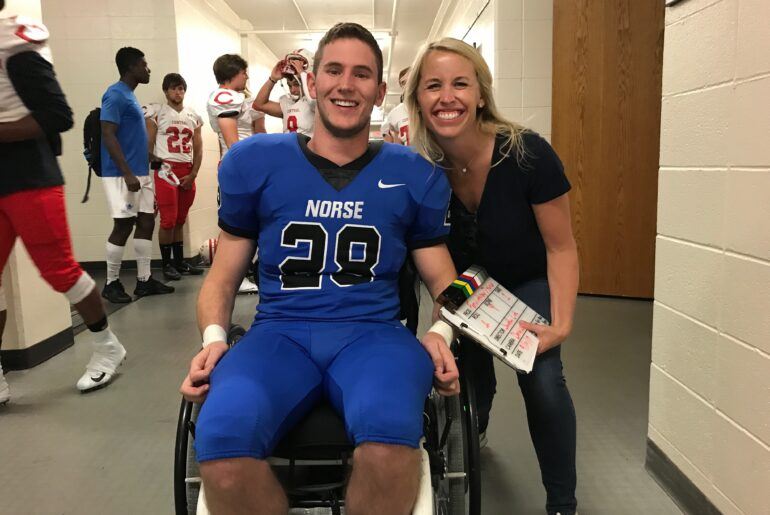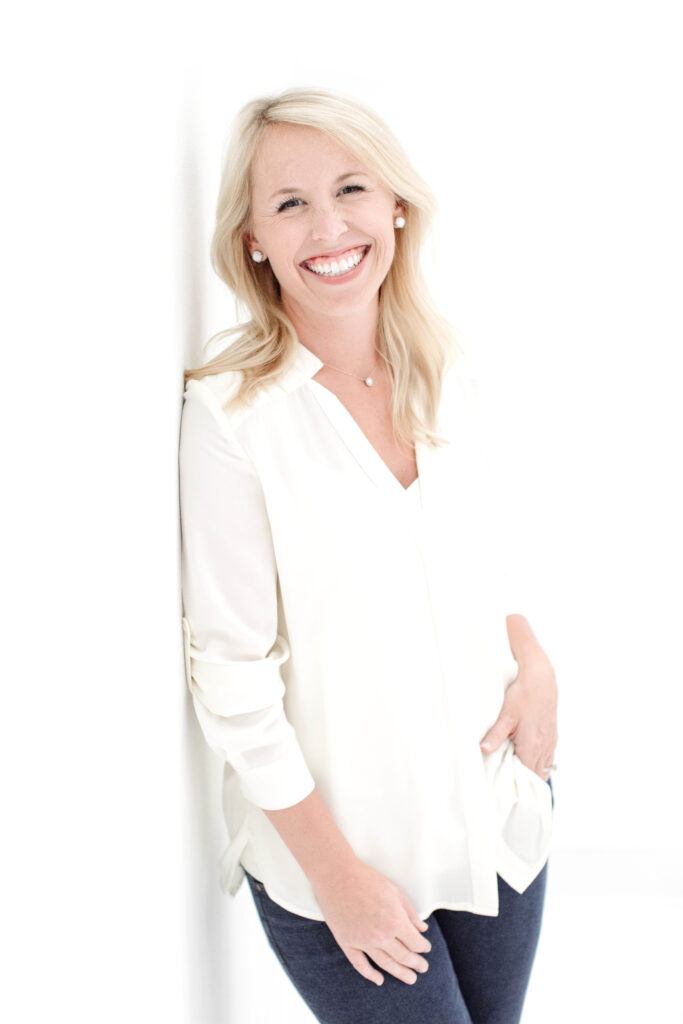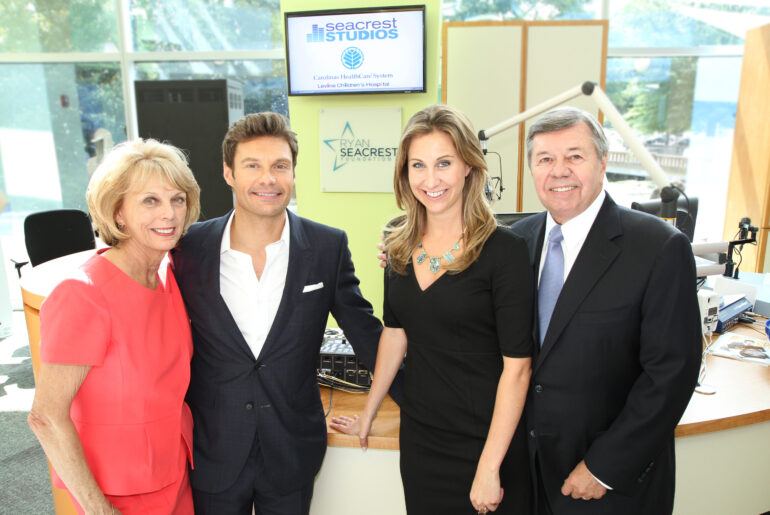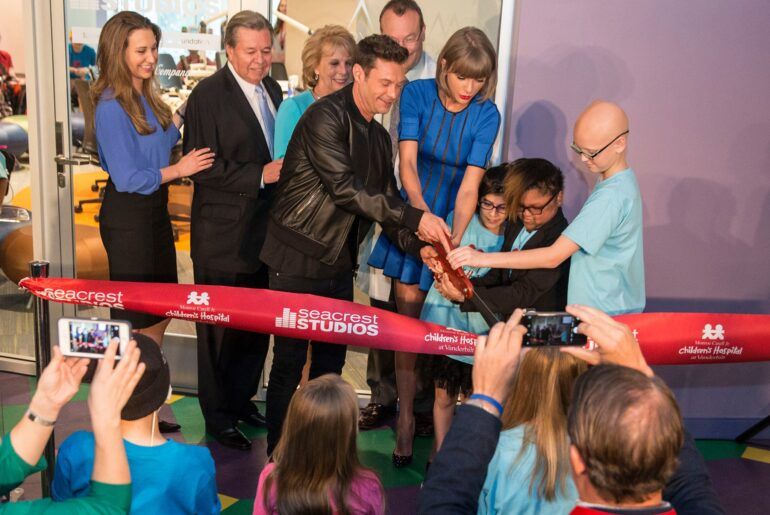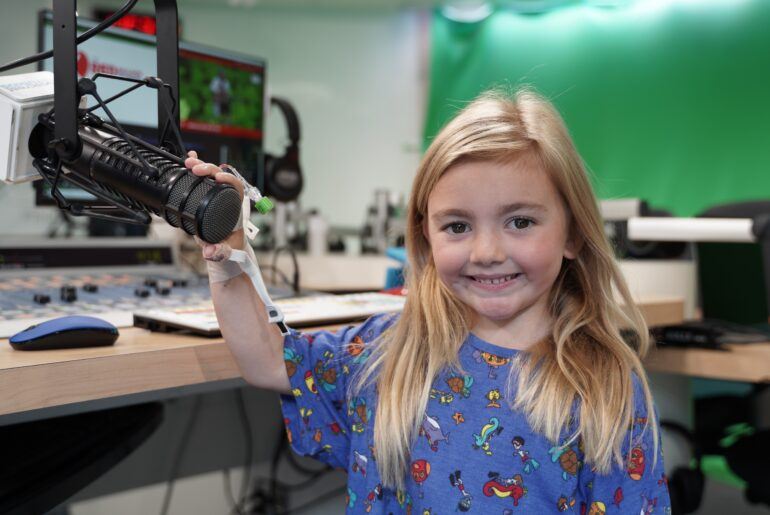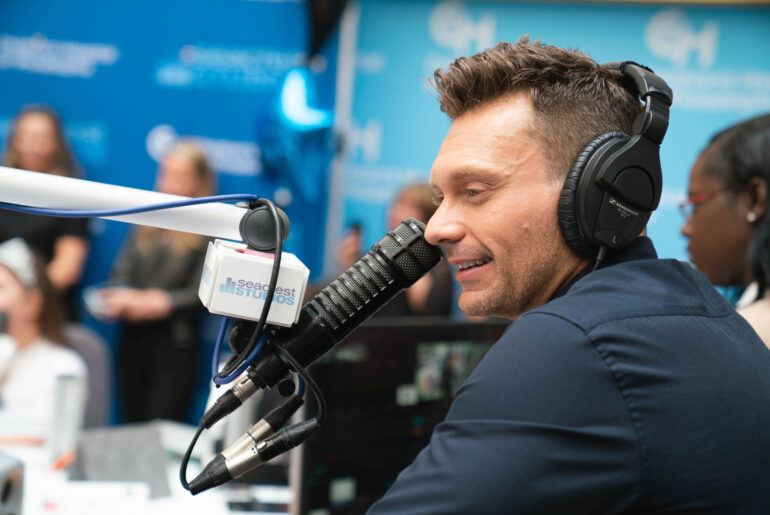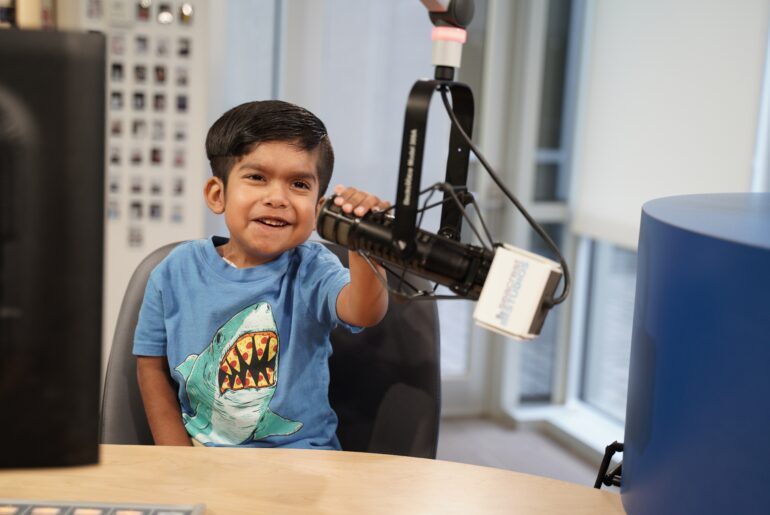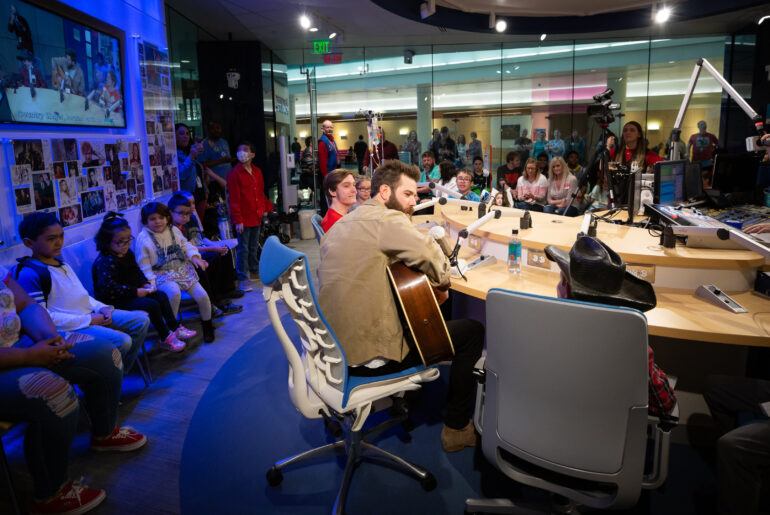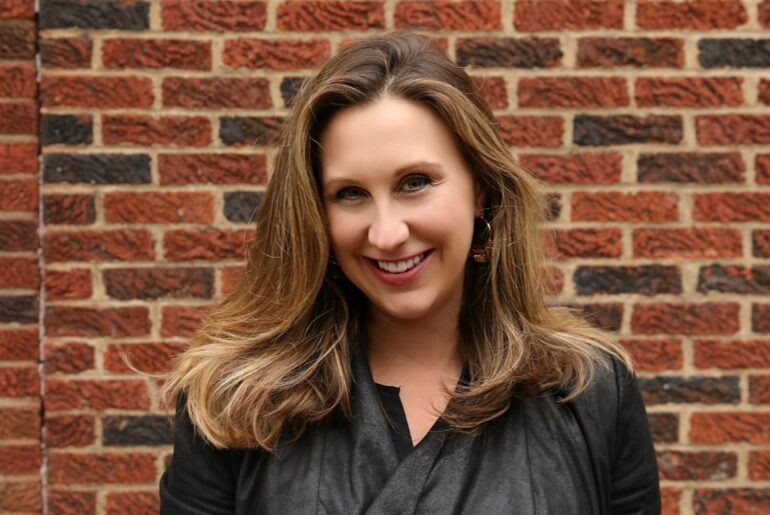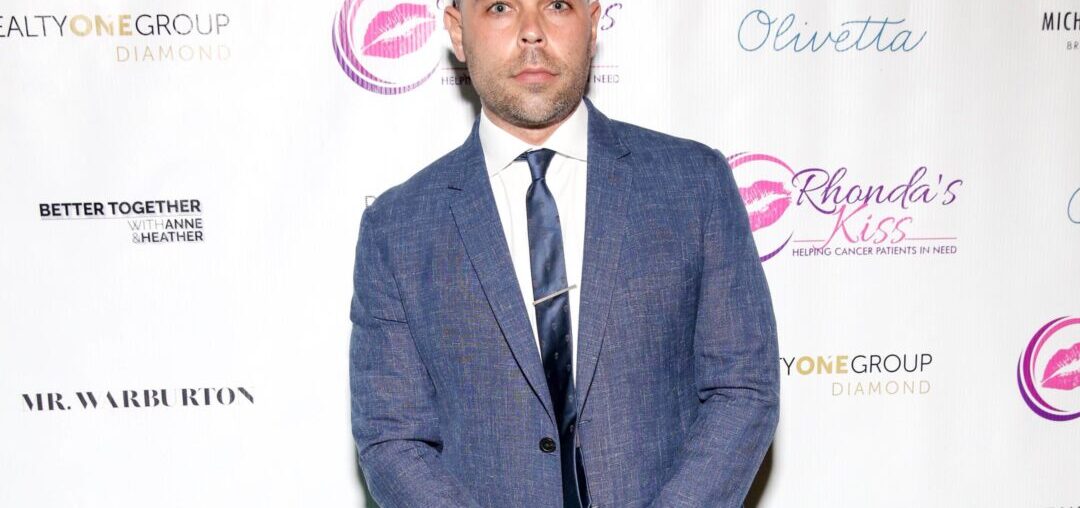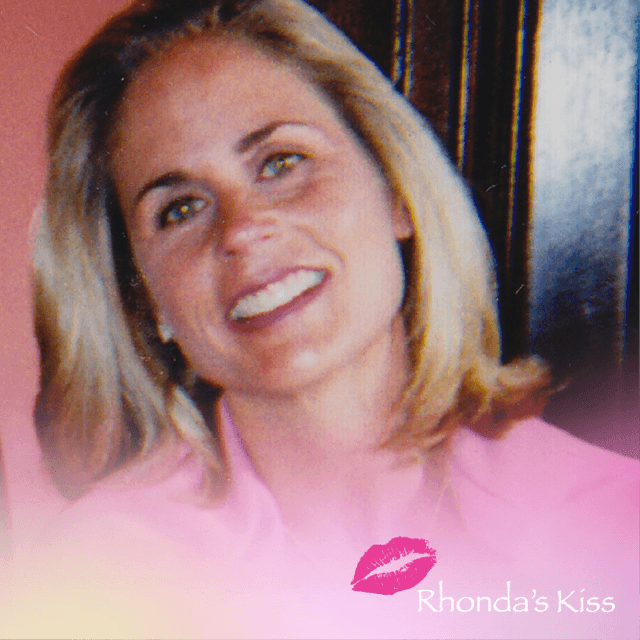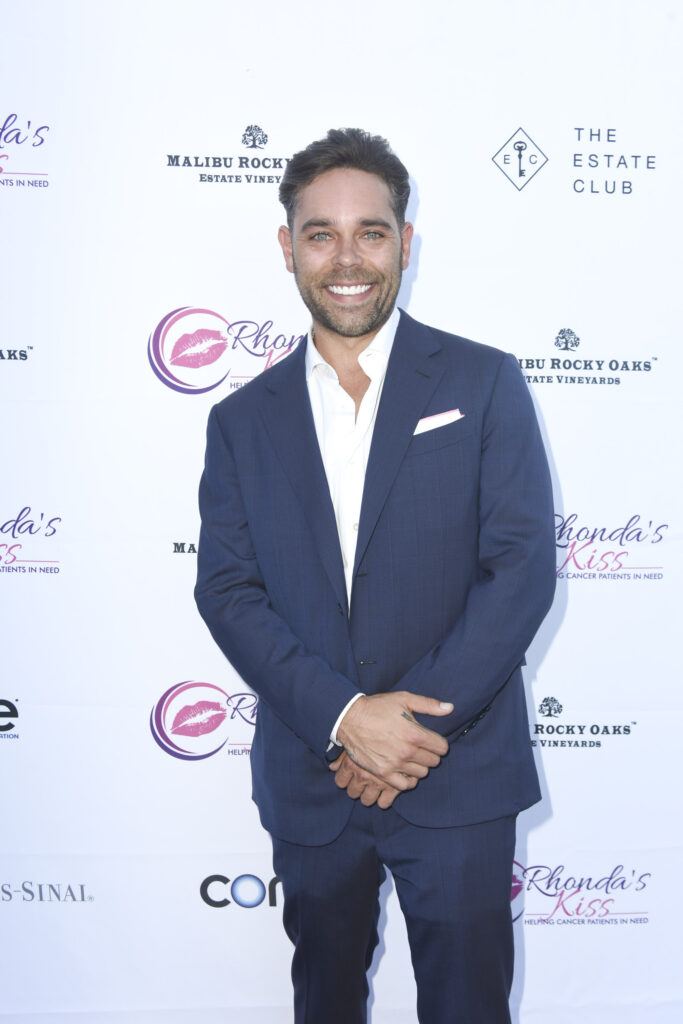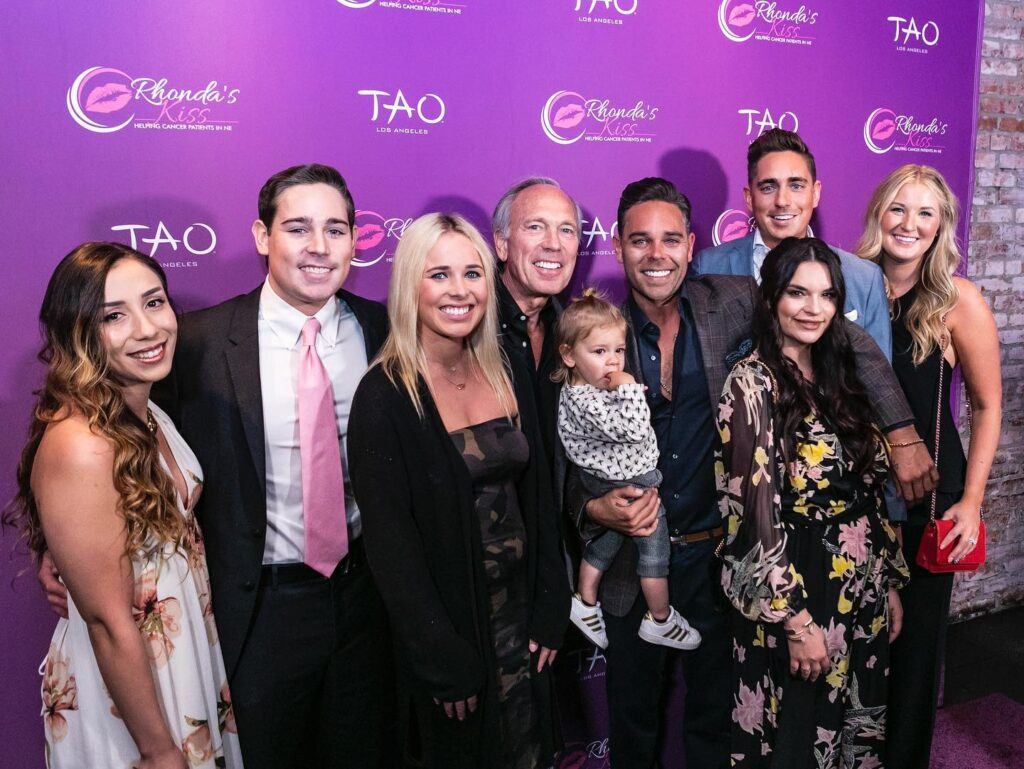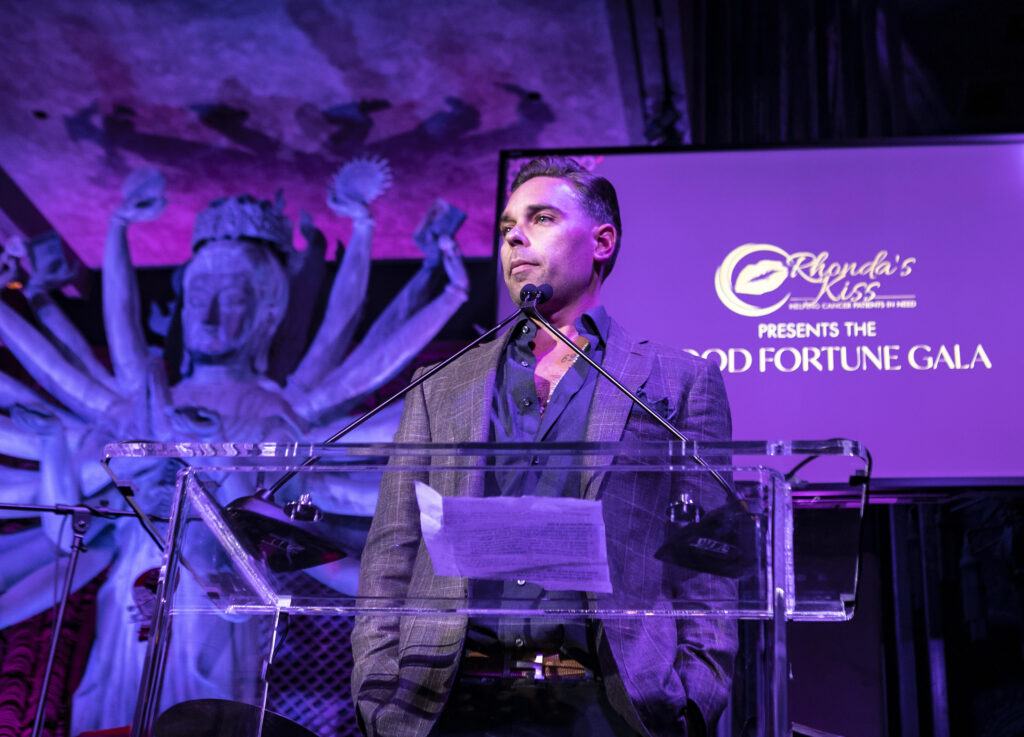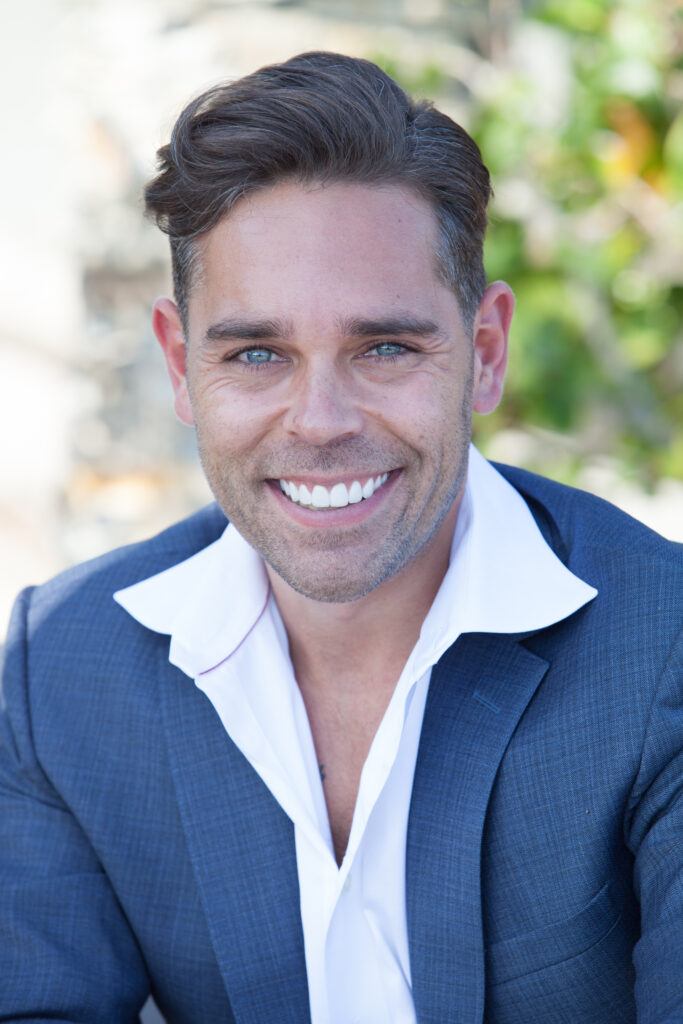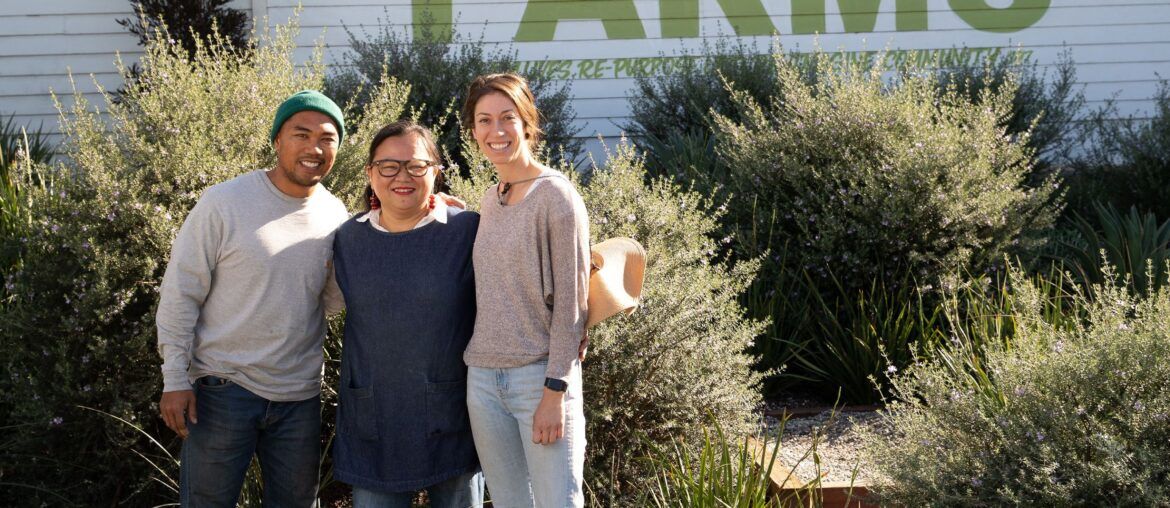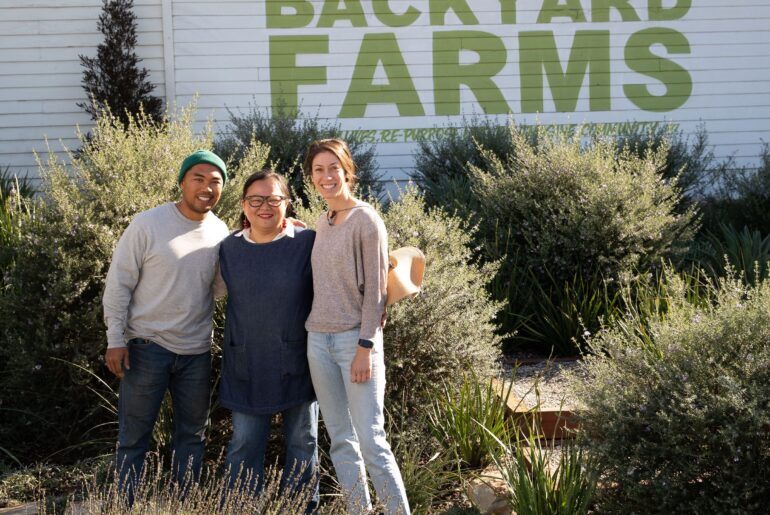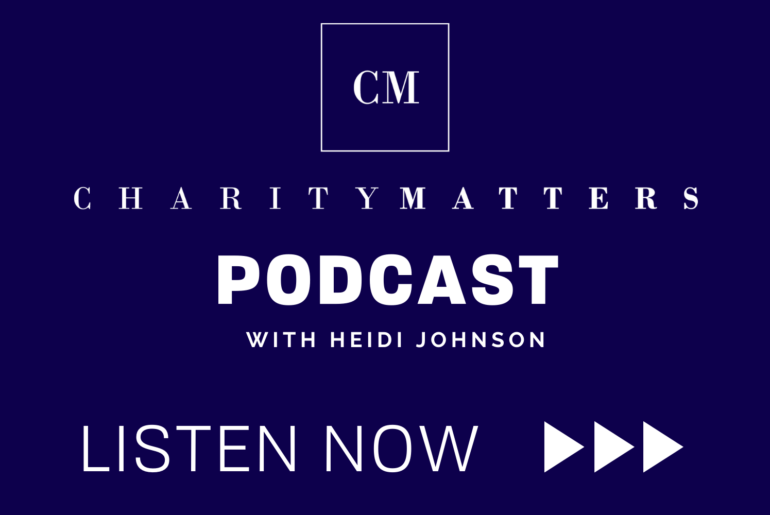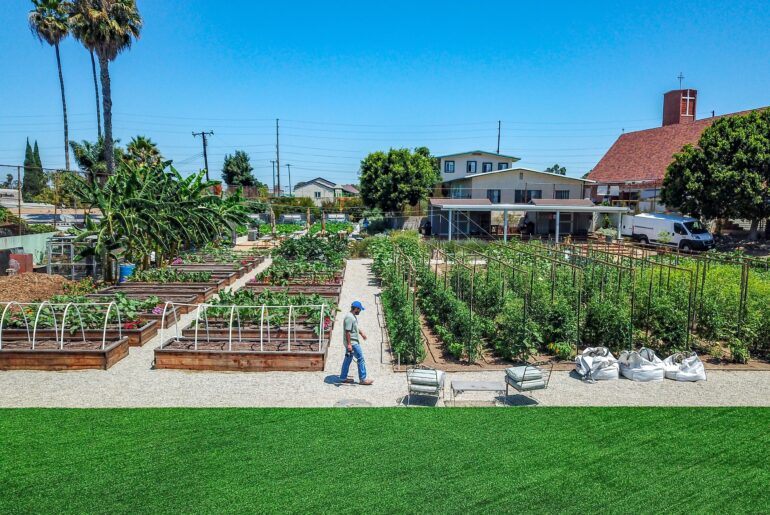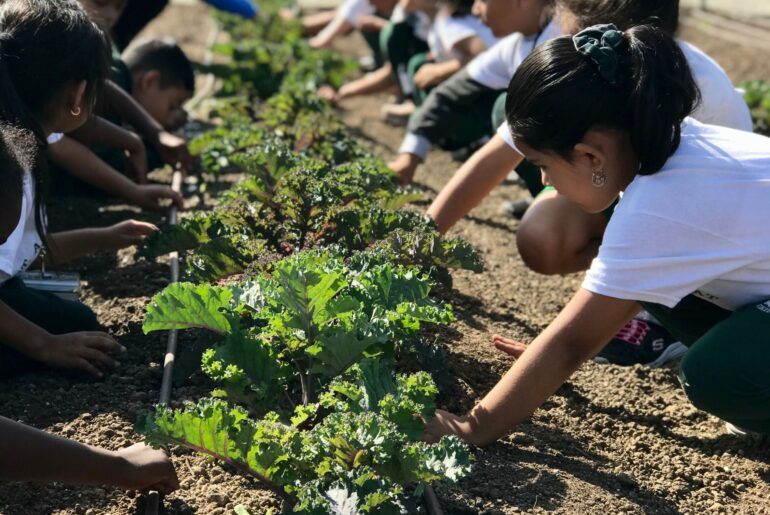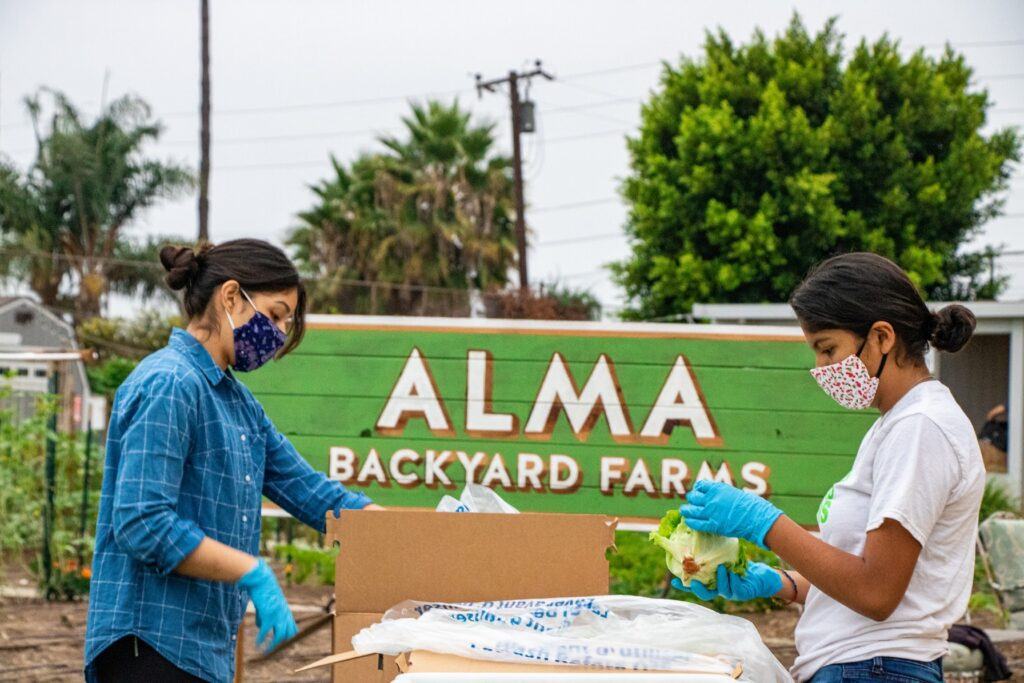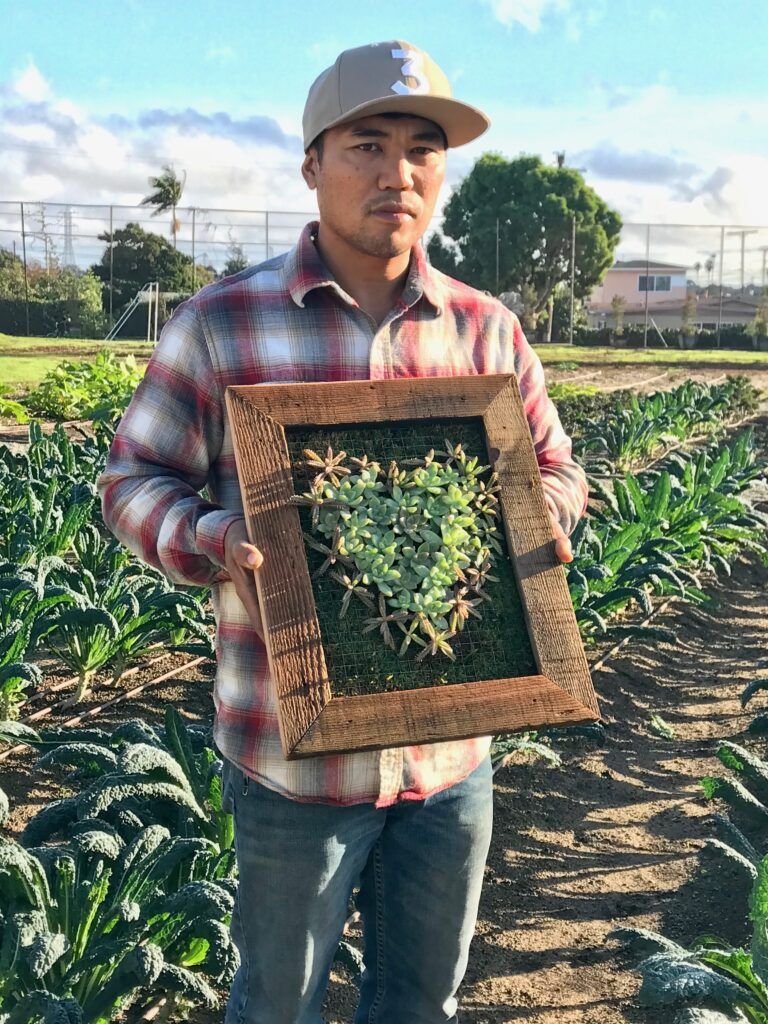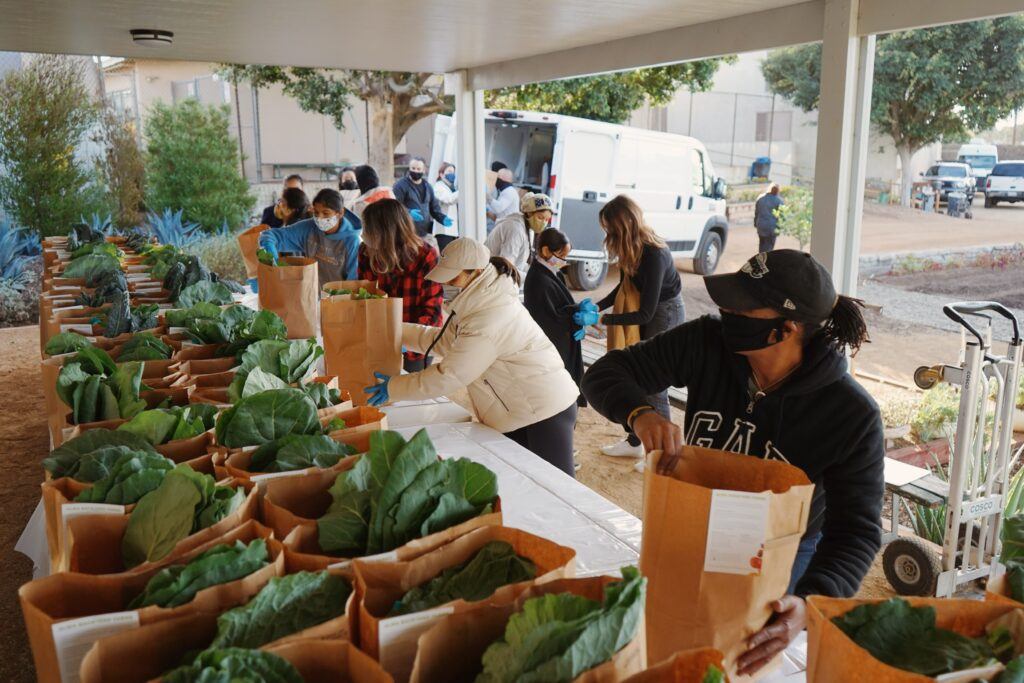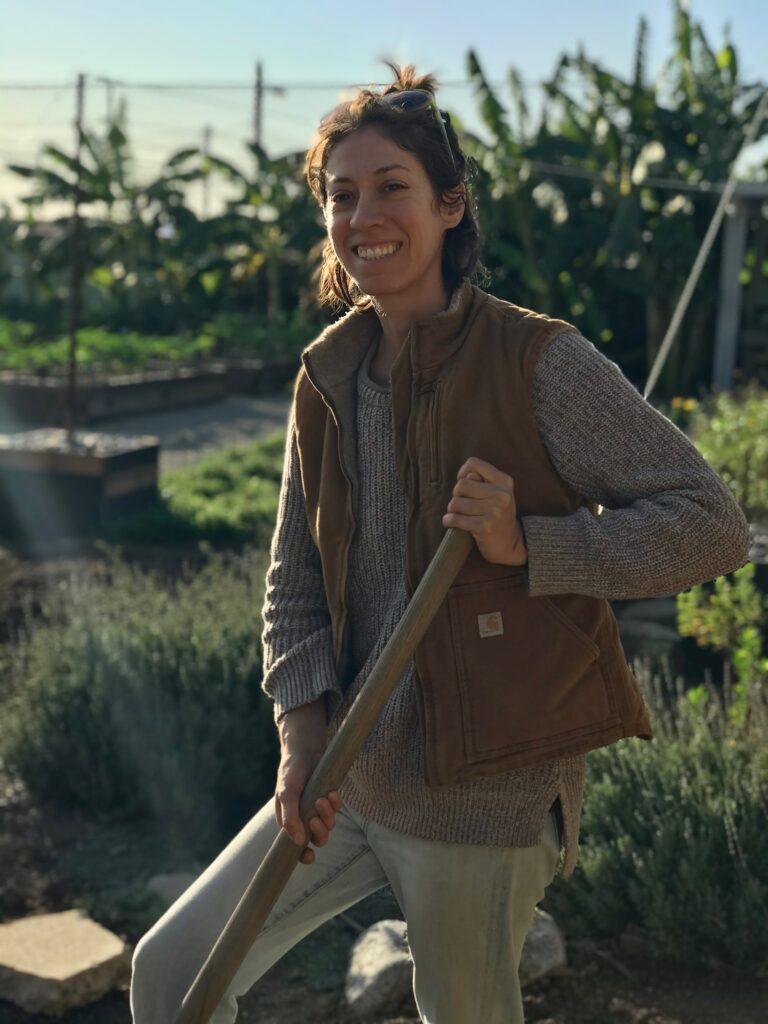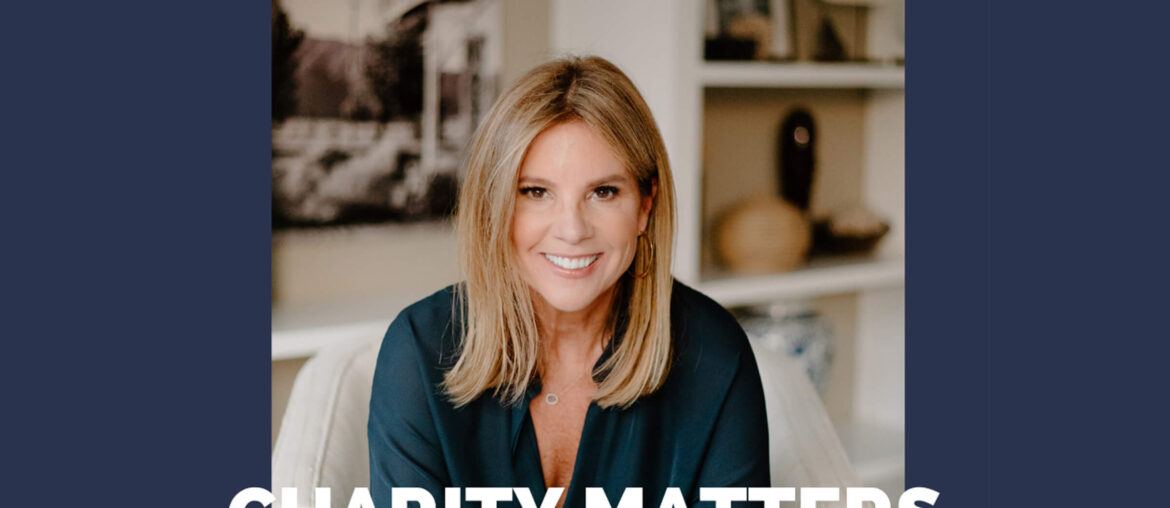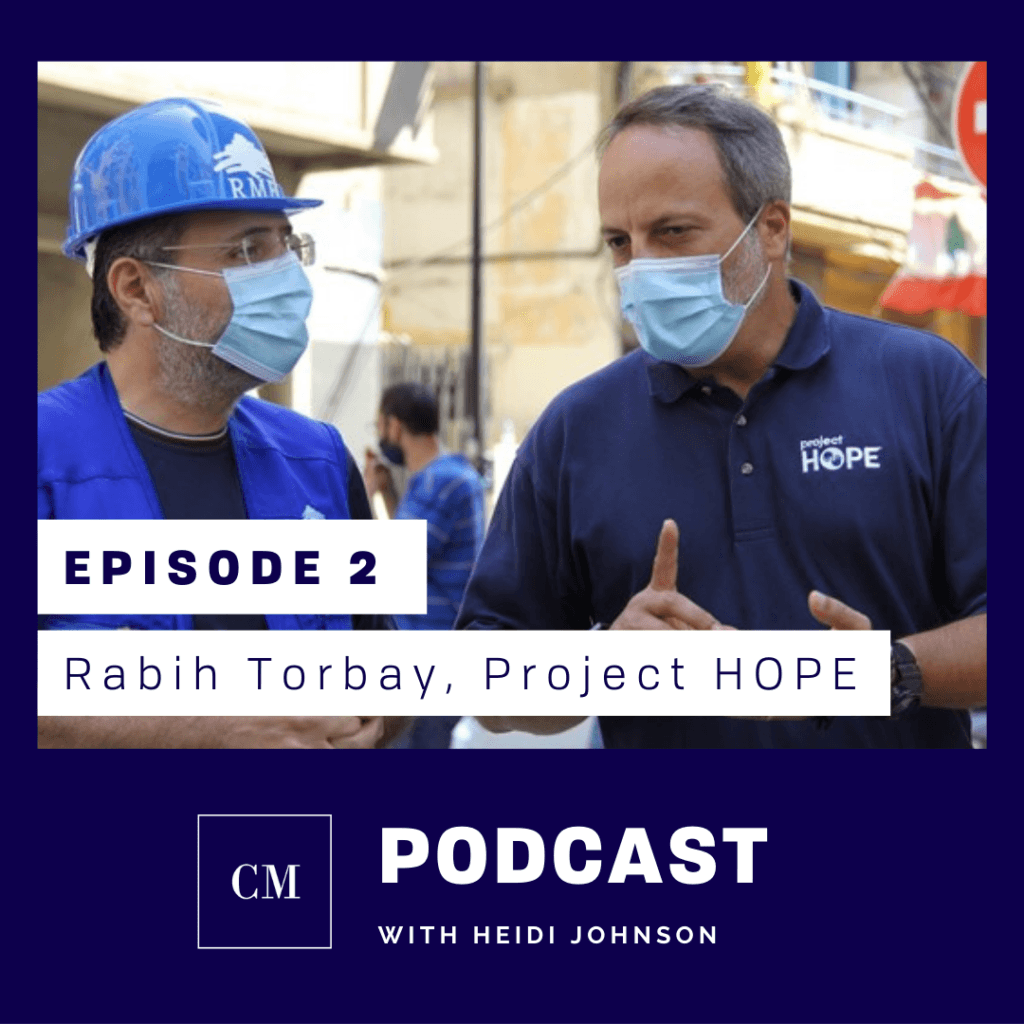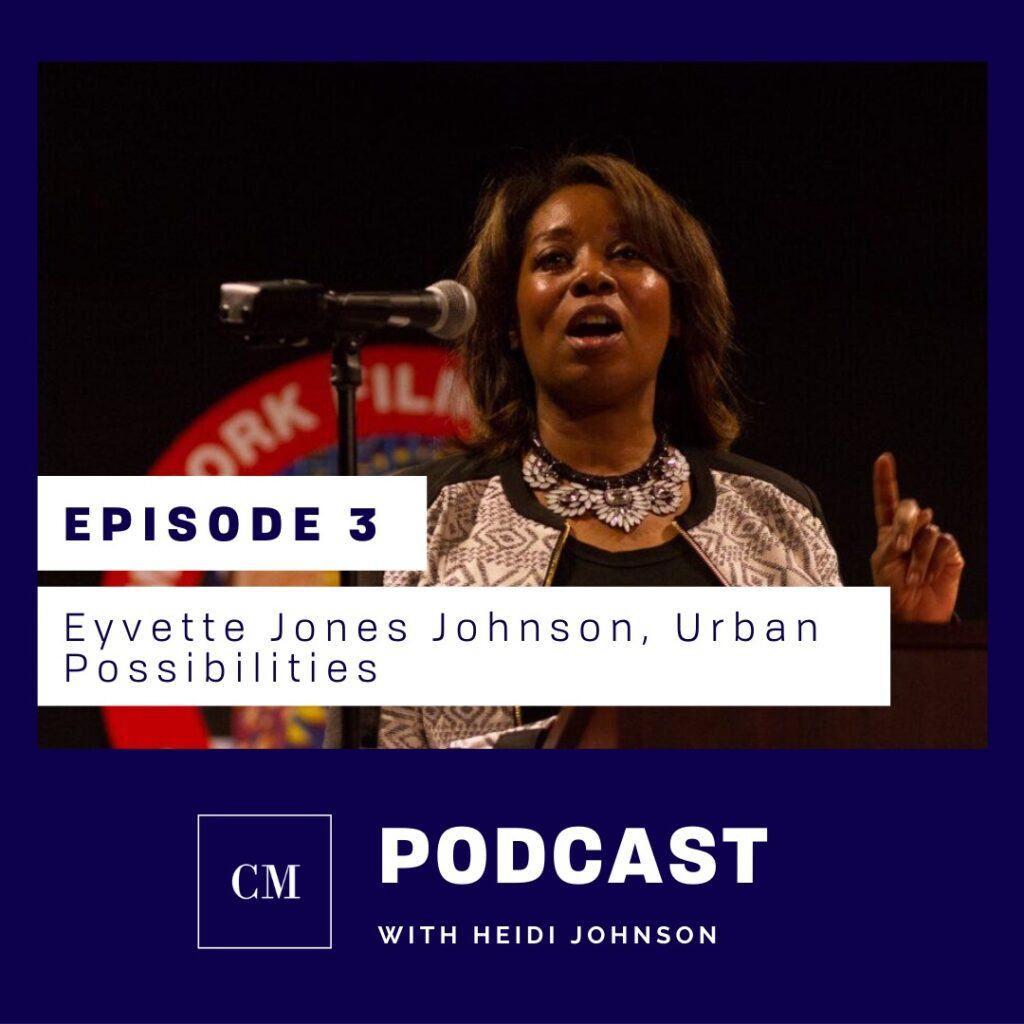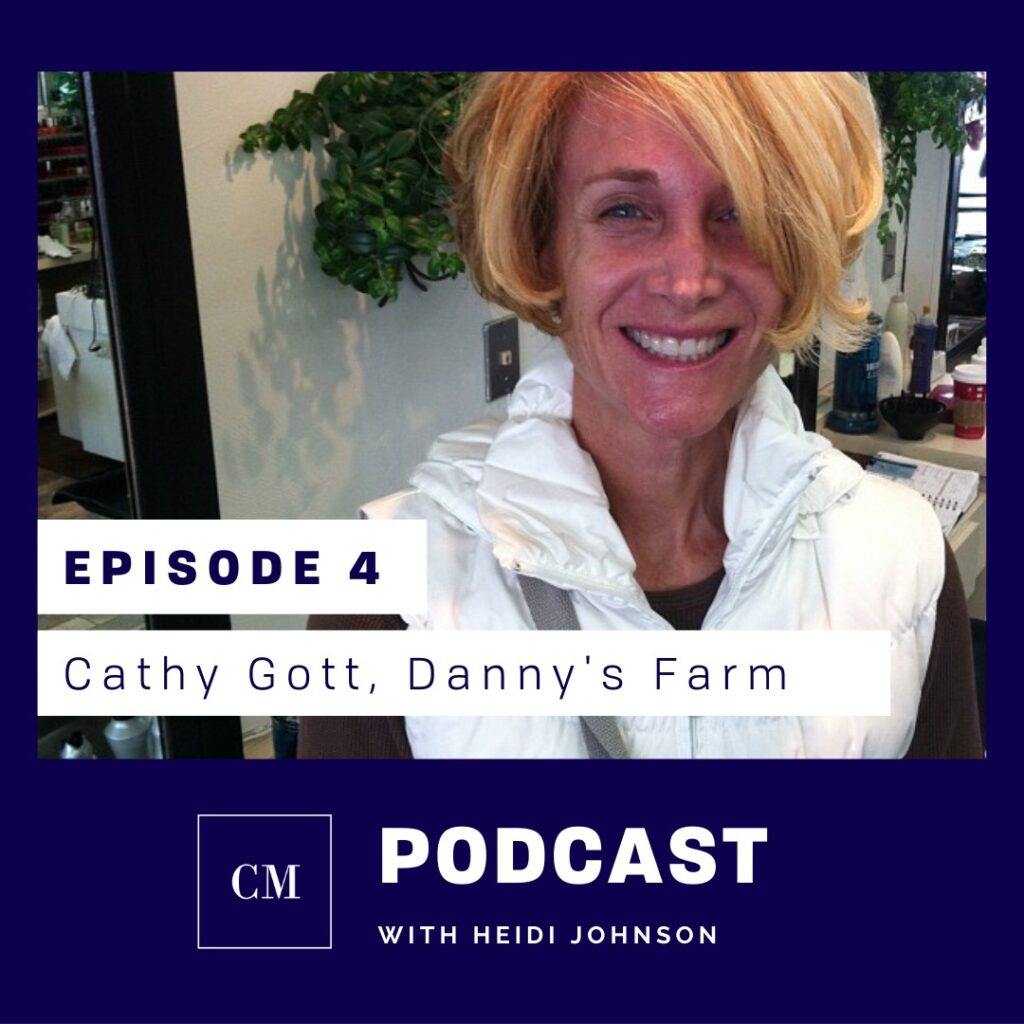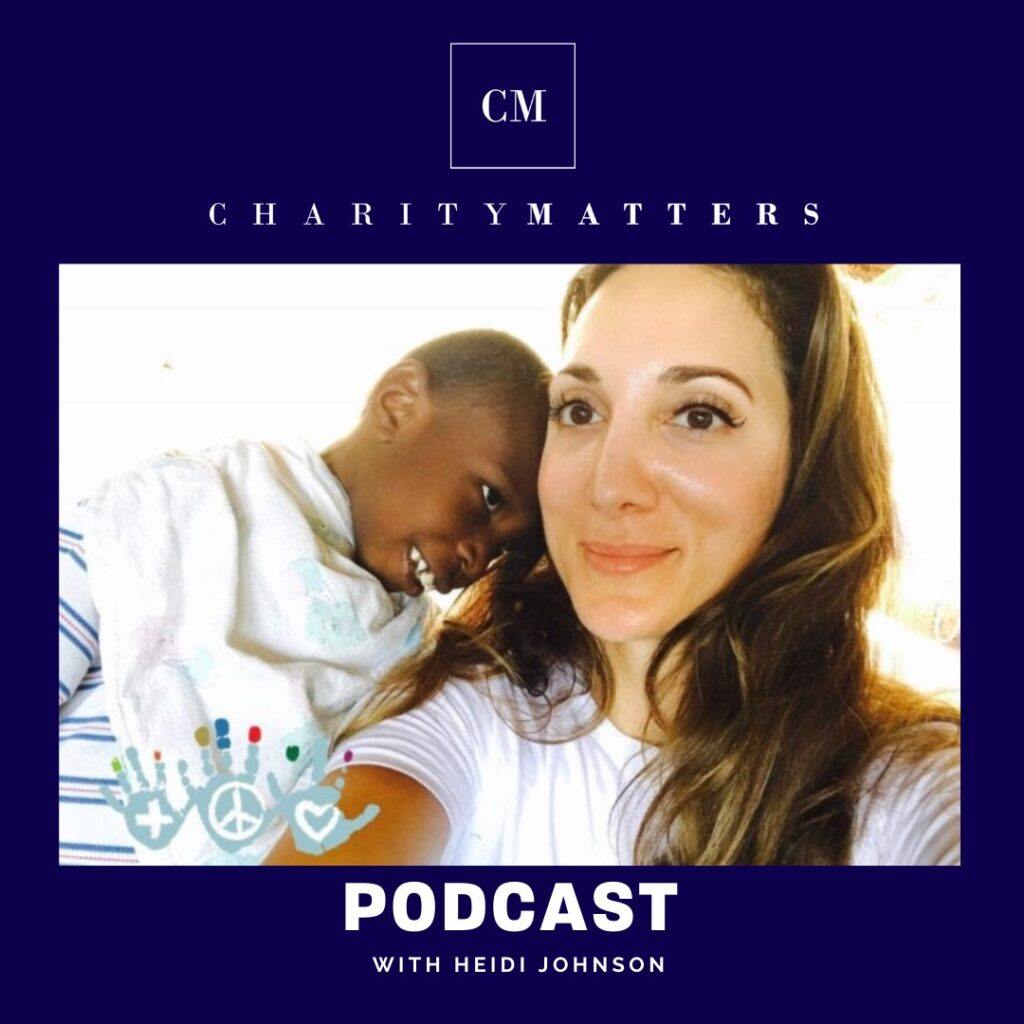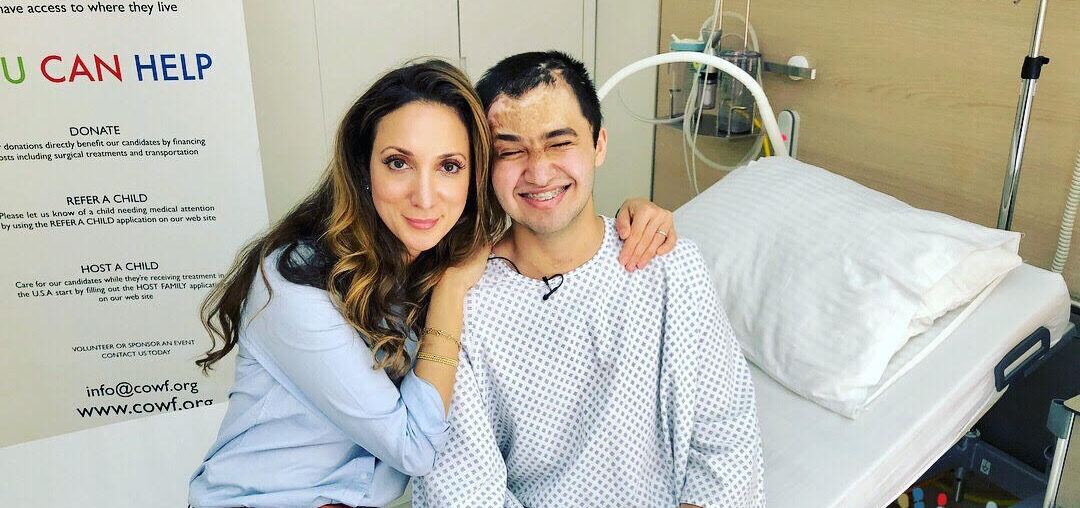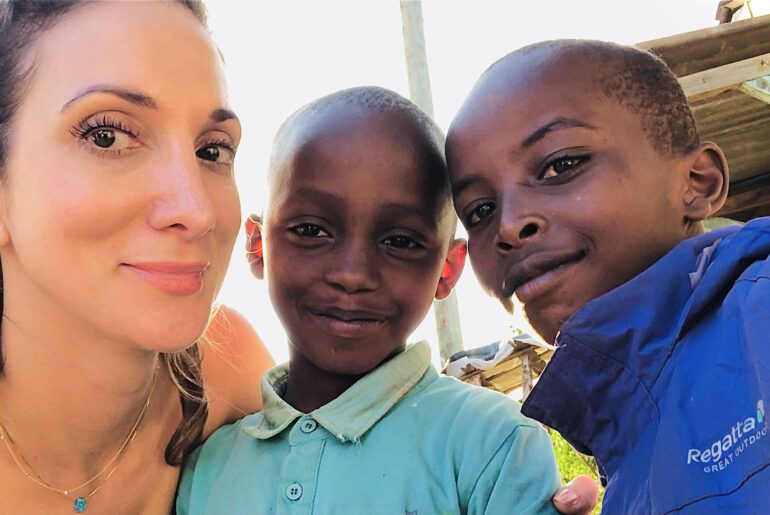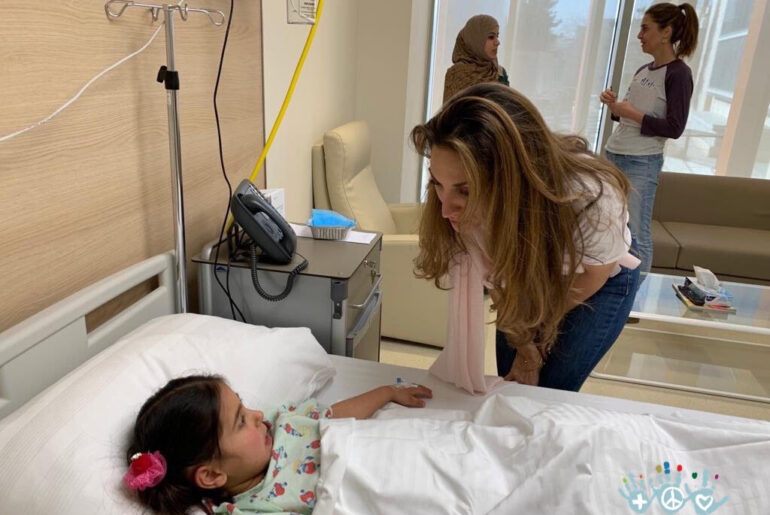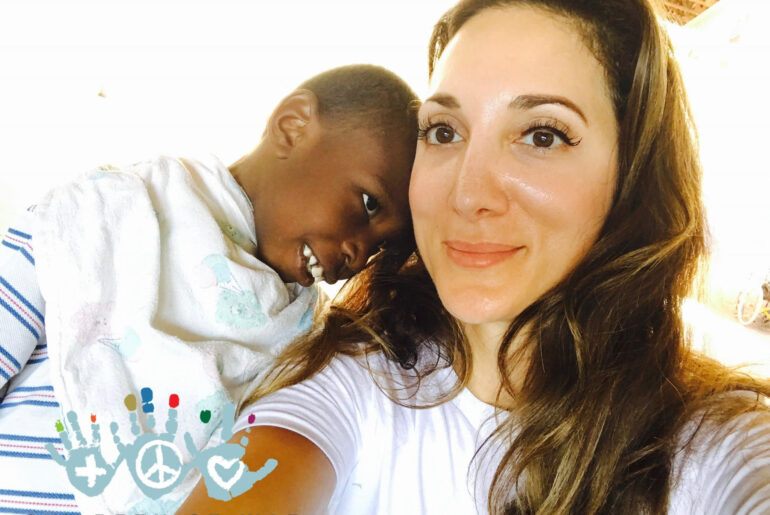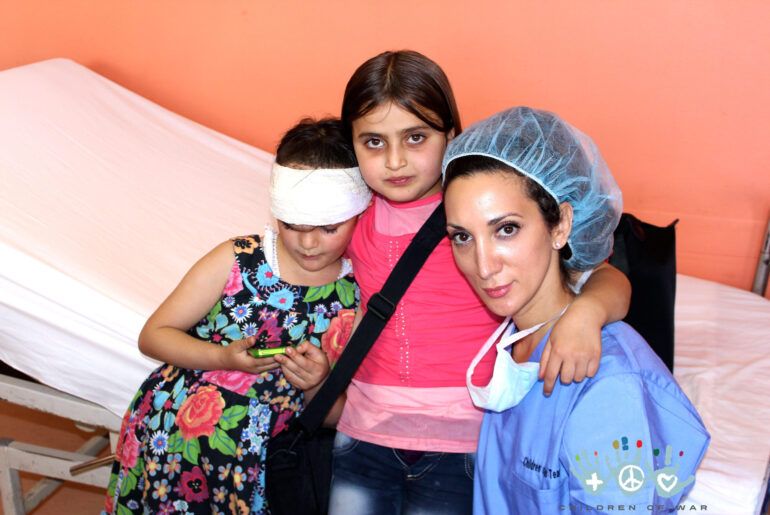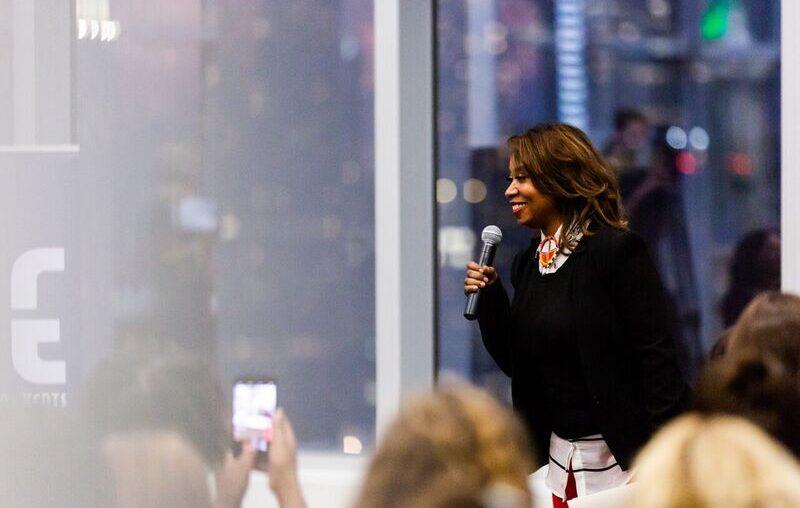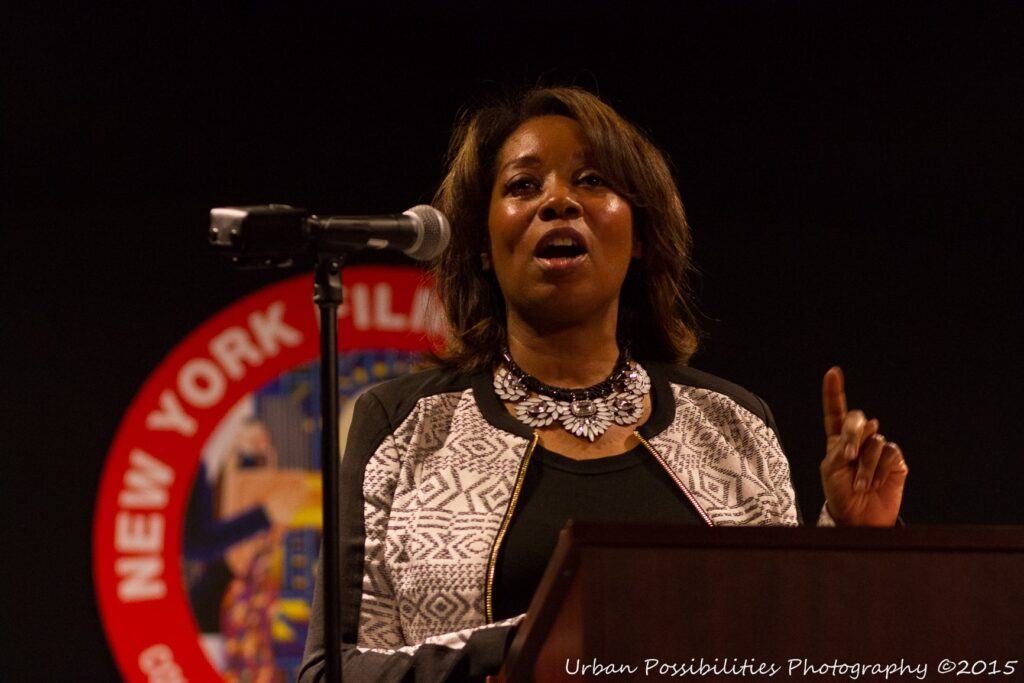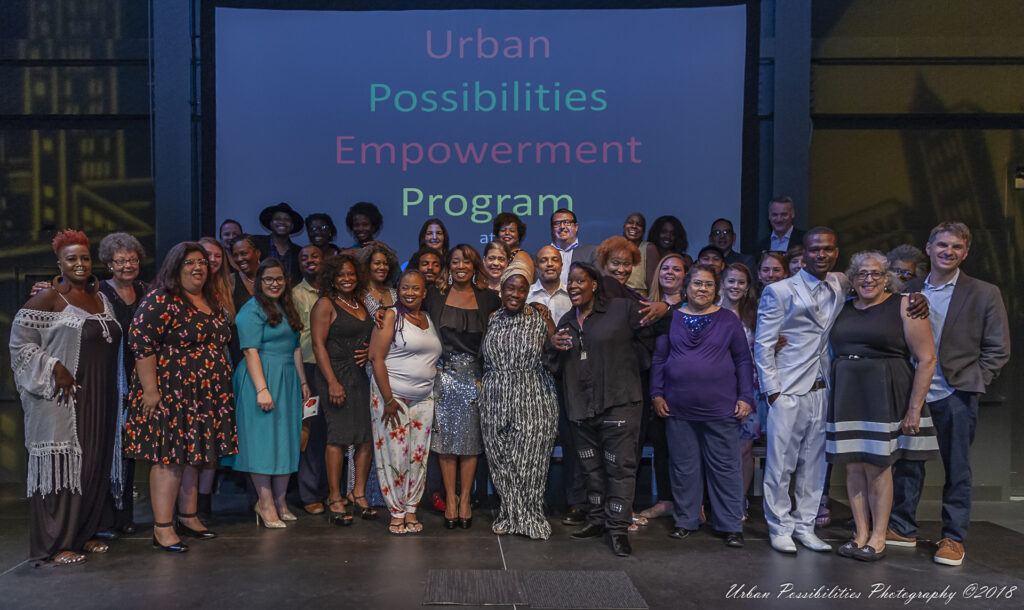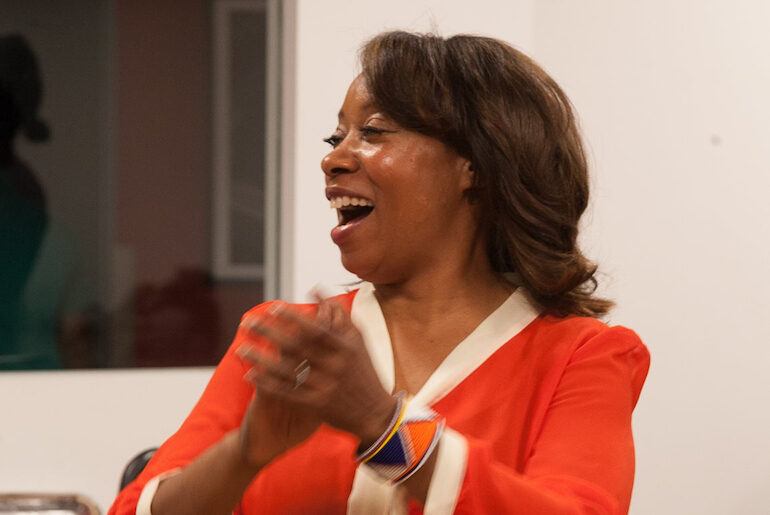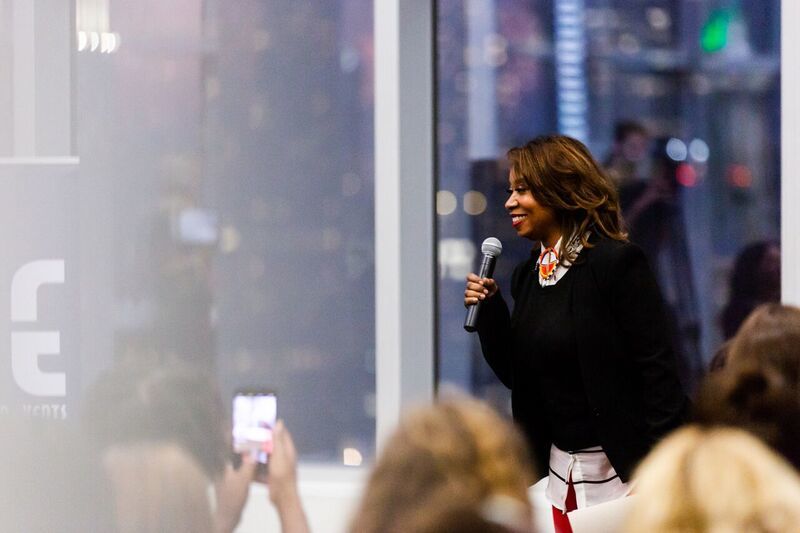When you think about philanthropy most people do not know where to begin. As humans, we have more than a handful of issues that could use a little extra help. One thing that most of us can agree on is helping our children. This season I had the privilege of interviewing three incredible women who have set out to help children in a host of different ways. Today, I wanted to re-introduce you in case you didn’t get a chance to meet Cathy, Amel and Meredith. They are amazing!
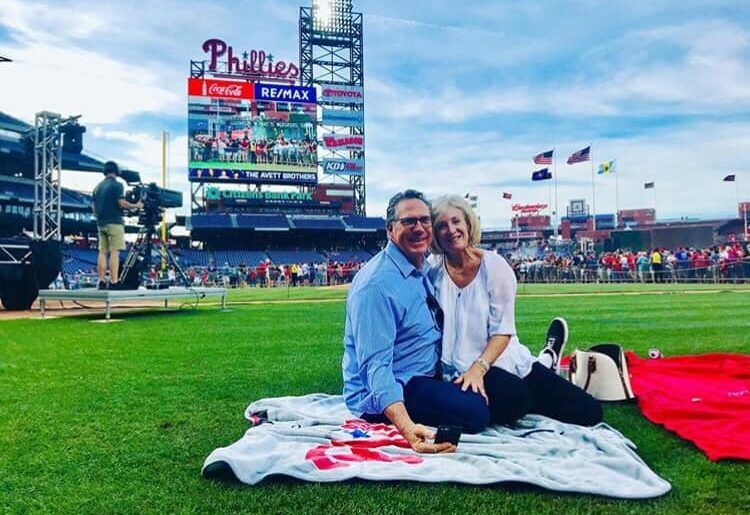
Danny’s Farm
The first is Cathy Gott. Cathy is married to legendary baseball player Jim Gott. When their son Danny was diagnosed with autism they went to work. Cathy began with co-founding Education Spectrum, a social skills, and community integration program that supports children and their families with developmental needs. Cathy didn’t stop with Education Spectrum, she kept going to found Danny’s Farm an amazing nonprofit that is so much more than a petting farm. It is a place for the community to come together while employing adults with developmental differences.
Join us to learn about Cathy’s journey, the challenges she faced as the mother of a child with autism, her journey of service, and to learn about the incredible work she is doing today for adults with developmental needs. She is a true inspiration! If you haven’t had a chance to listen here you go…
Children of War Foundation
A few months back a girlfriend of mine set up a lunch to introduce me to her incredible friend, Amel Najjar. Our lunch began at noon and ended at four and could have gone on all day. Amel is one of the most interesting, inspirational, and real people you will ever meet. I am excited for you to get to know Amel and her amazing journey from growing up in Jordan and witnessing war firsthand to beginning the Children of War Foundation. Children of War Foundation has two priority focuses, health and education. Their mission is to make these two essential in really fundamental human, basic human rights accessible to anyone at any time, from anywhere.
When people say one person can not make a difference, they have not met Amel Najjar!
The Ryan Seacrest Foundation
If there is one common denominator in all the people I have interviewed over the years it is their humility. People who give their lives and talents to serve others do not want the attention on themselves ever. These incredible humans will lovingly talk about the work they do but do not want the attention on them. It doesn’t matter who they are. Whether they are from a famous family or used to being in the media, these modern-day heroes consistently do not want the spotlight.
Today’s guest, Meredith Seacrest Leach is no exception. Meredith is the Executive Director of the Ryan Seacrest Foundation. And yes, she is Ryan Seacrest’s sister. I’m excited to share our inspiring conversation about their families’ journey in service and the incredible way they are using their gifts to help eleven children’s hospitals and thousands of children and families across the country.
I’m thrilled that you had a chance to get reacquainted with Cathy, Amel, and Meredith. Three inspirational women have dedicated their lives to helping children in three very different ways. Each one uniquely different and making huge impacts on children in their communities, across the country, and around the globe. Now you can do a little binge-listening….enjoy!
CHARITY MATTERS.
If you enjoyed today’s episode, please:
- Post a screenshot & key takeaway on your IG story and tag me @heidimcniffjohnson and @Charitymatters so I can repost you.
- Leave a positive review on Apple Podcasts
- Subscribe to new episodes each week!
Connect with us:
YOUR REFERRAL IS THE GREATEST COMPLIMENT, IF YOU ARE SO MOVED OR INSPIRED, WE WOULD LOVE YOU TO SHARE AND INSPIRE ANOTHER.
Copyright © 2021 Charity Matters. This article may not be reproduced without explicit written permission; if you are not reading this in your newsreader, the site you are viewing is illegally infringing our copyright. We would be grateful if you contact us.


